Employment and Labour Law Blogs
Looking to stay up to date on the latest news and information regarding employment law and how it impacts your workplace situation. Use our information centre to find informative blogs, media commentary, Globe and Mail articles and other helpful resources to ensure you understand your workplace rights.
Click on the relevant topic you are interested in to take you to the latest information.
All the information you need on workplace rights is at your fingertips. Our library of blogs, articles, media interviews, videos, etc. are available here to ensure you have the power to take control of your situation.
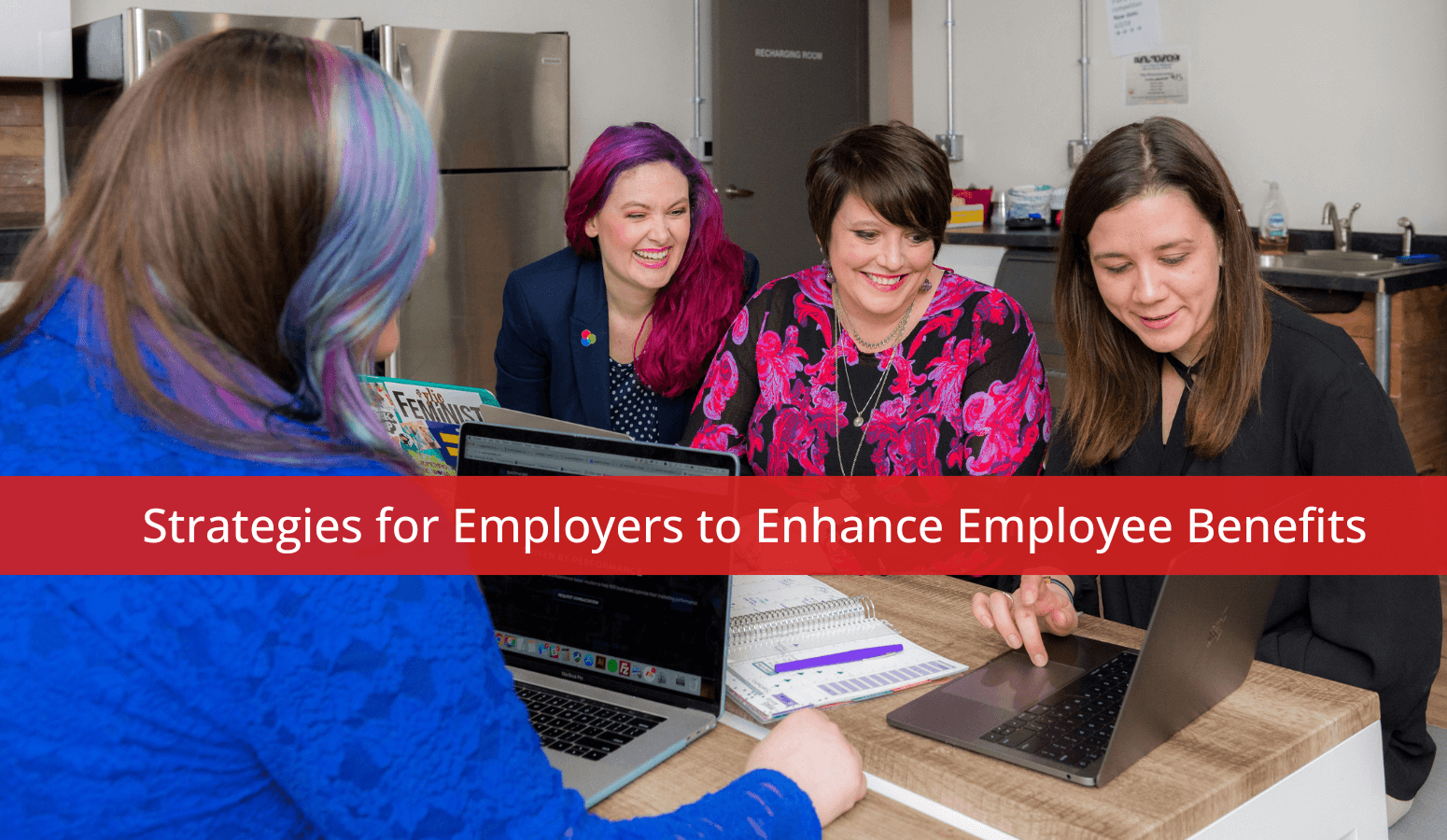
Strategies for Employers to Enhance Employee Benefits
Read More
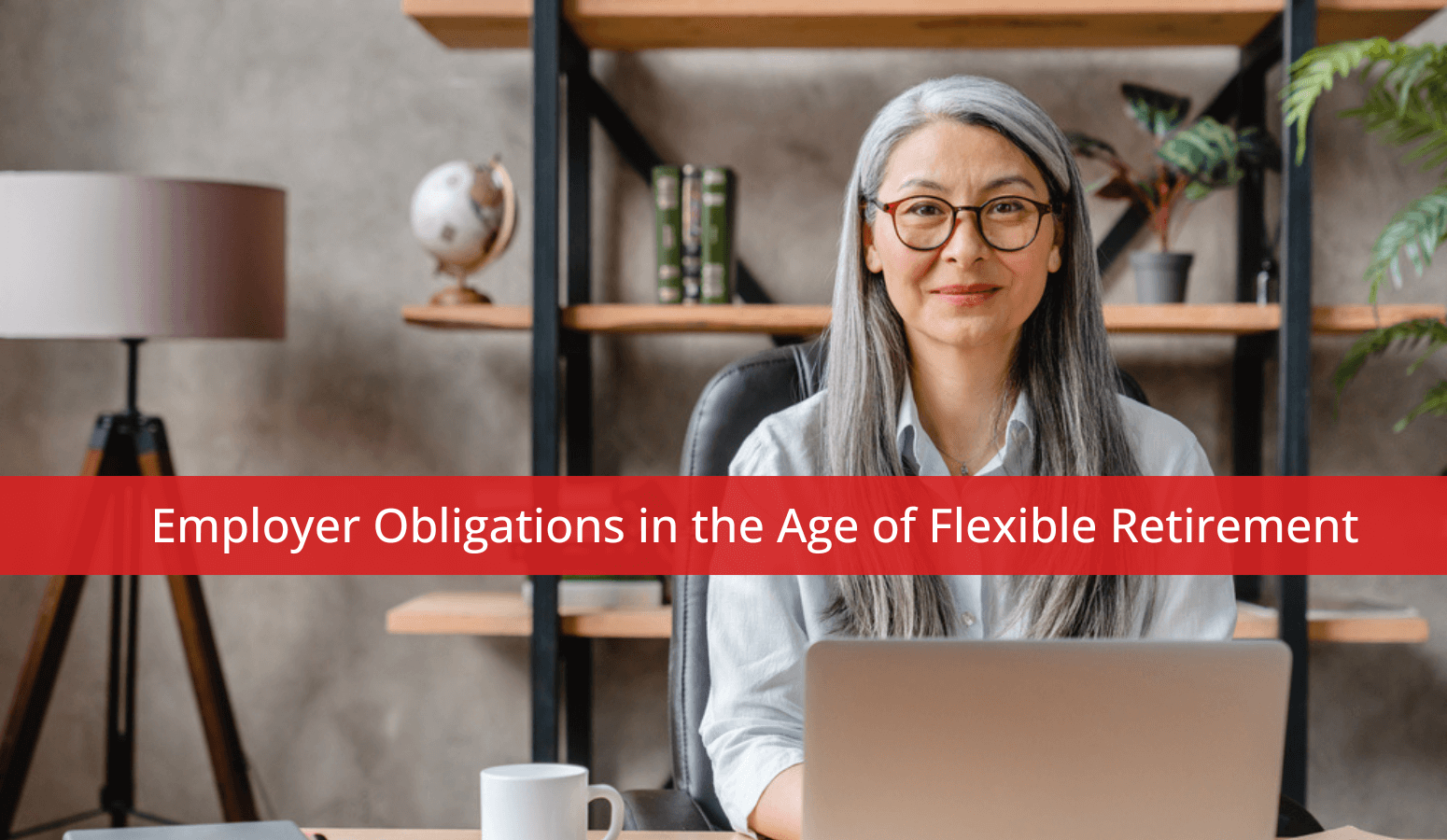
Employer Obligations in the Age of Flexible Retirement
Read More

When does office romance become cause for dismissal?
Read More

Tesla Layoffs 10% workforce
Read More

Can Your Employer Fire You for Using Medical Marijuana?
Read More

‘They better have all their ducks in a row’
Read More
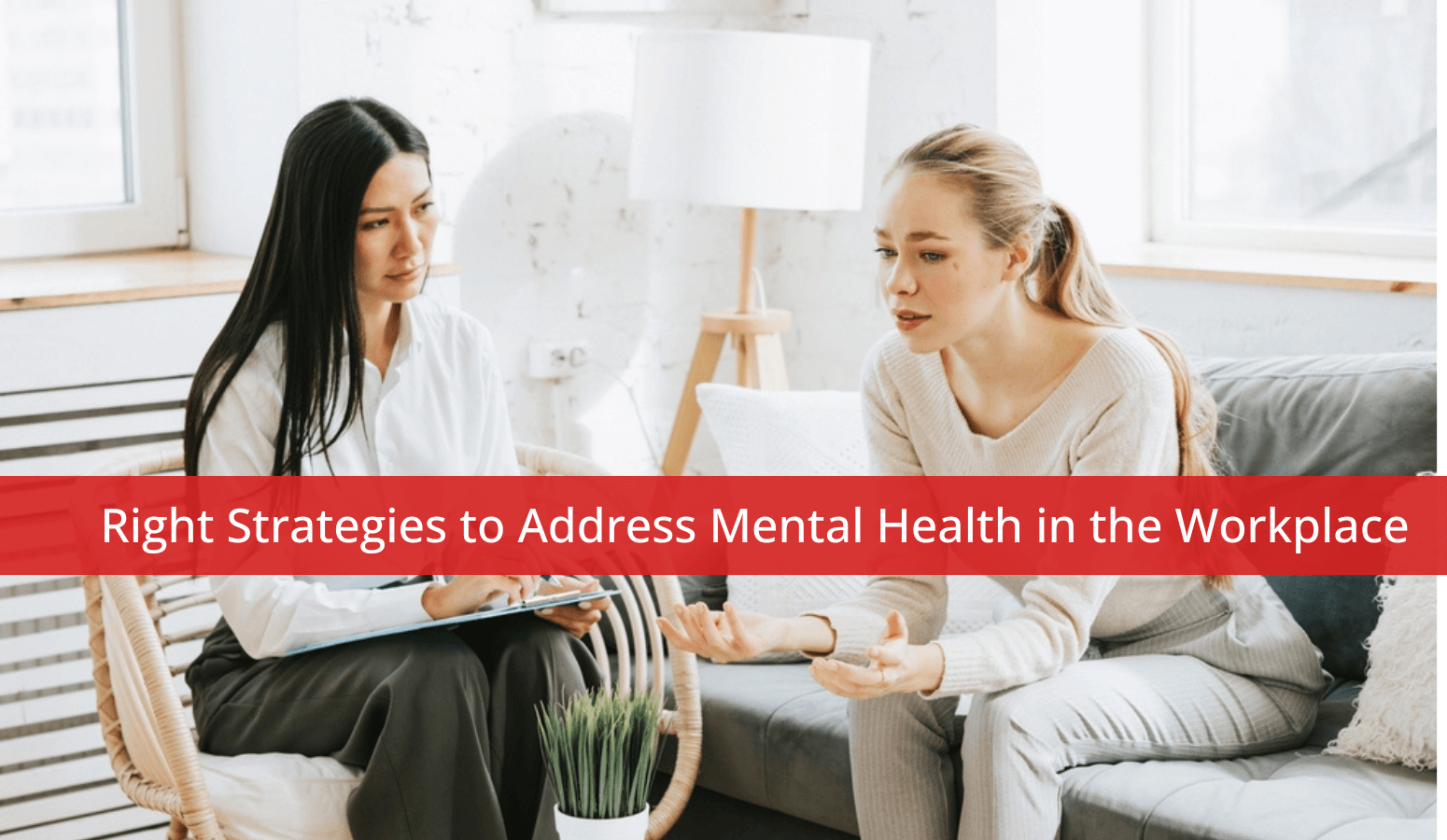
Right Strategies to Address Mental Health in the Workplace
Read More
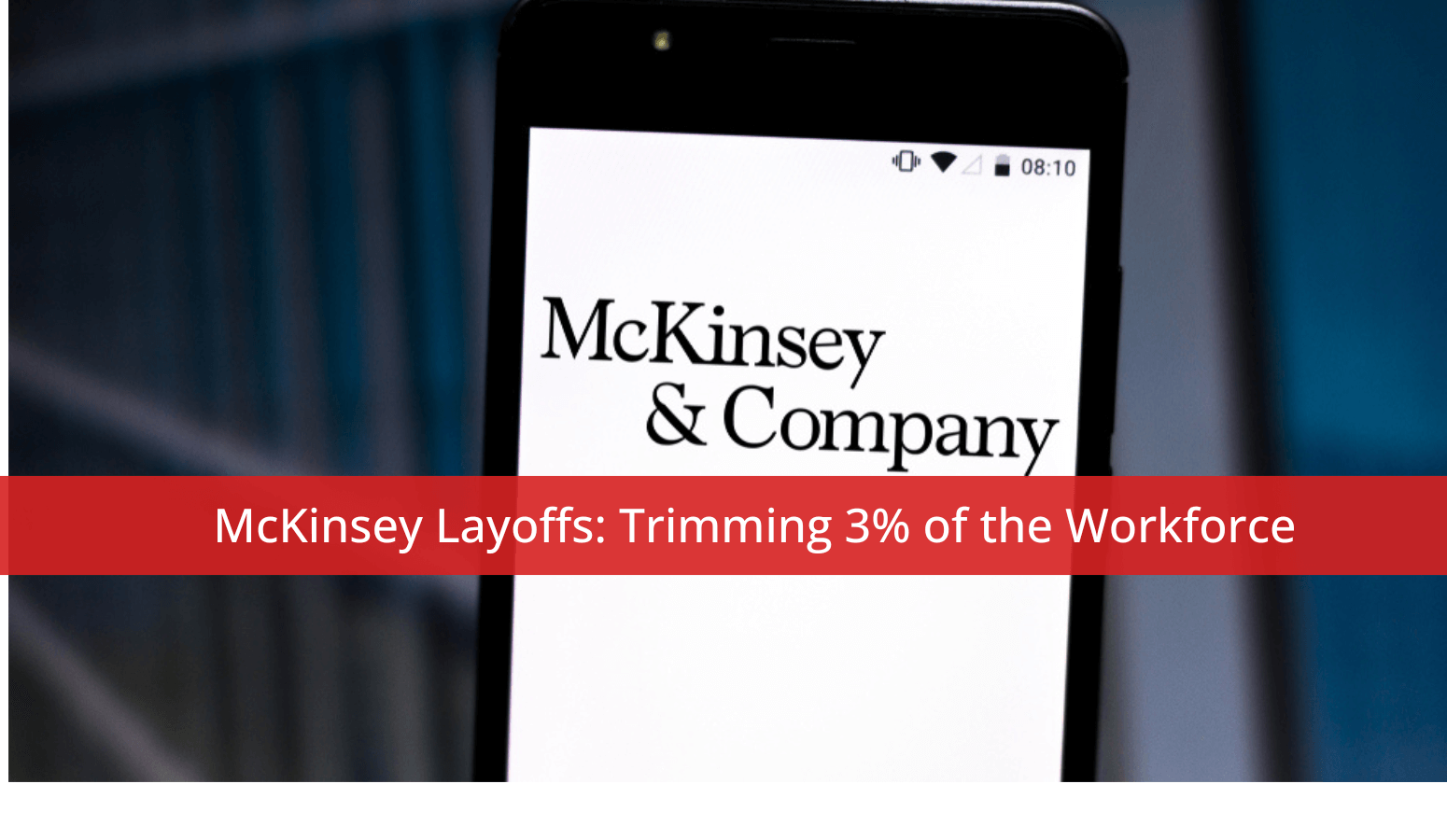
McKinsey Layoffs: Trimming 3% of the Workforce
Read More

Impact of Non-Solicitation Clauses: A Case Study
Read More
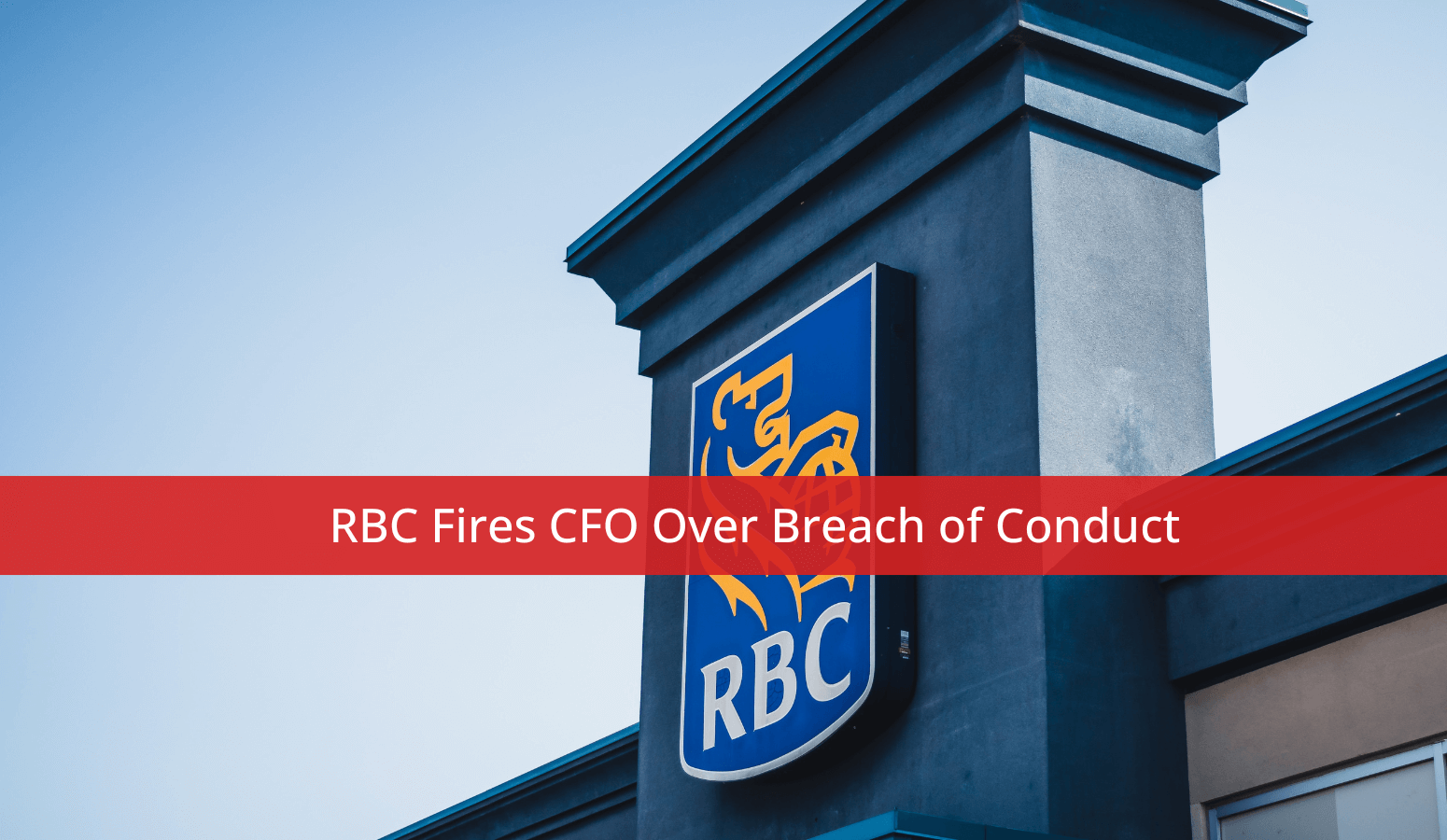
RBC Fires CFO Over Breach of Conduct
Read More

Workplace Privacy in the Age of AI: Legal Insights
Read More
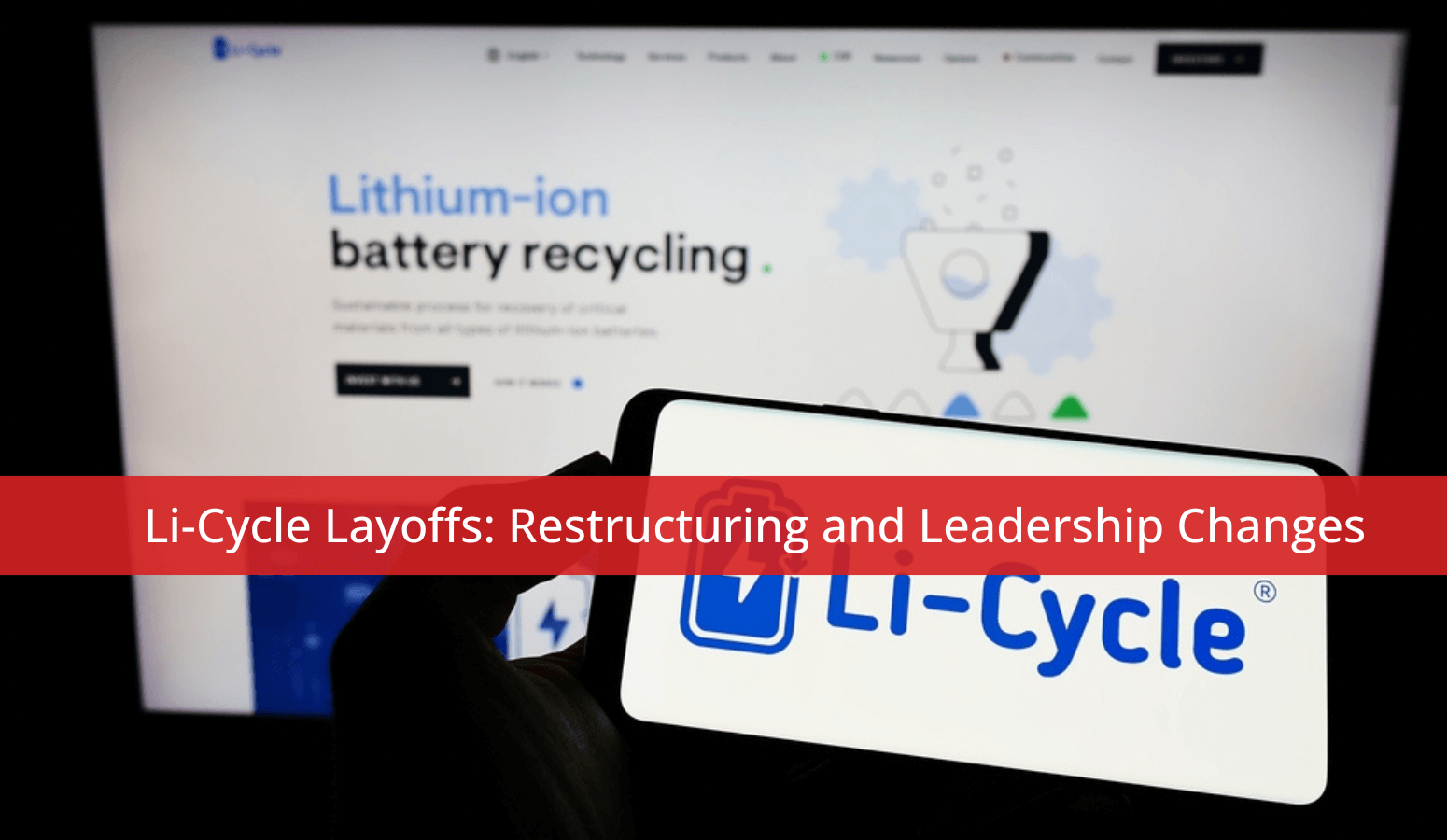
Li-Cycle Layoffs: Restructuring and Leadership Changes
Read More

Truth of the Canadian Job Market in 2024 – Are You Prepared?
Read More

Gender Discrimination: A Call to Action for Workplace Equality
Read More
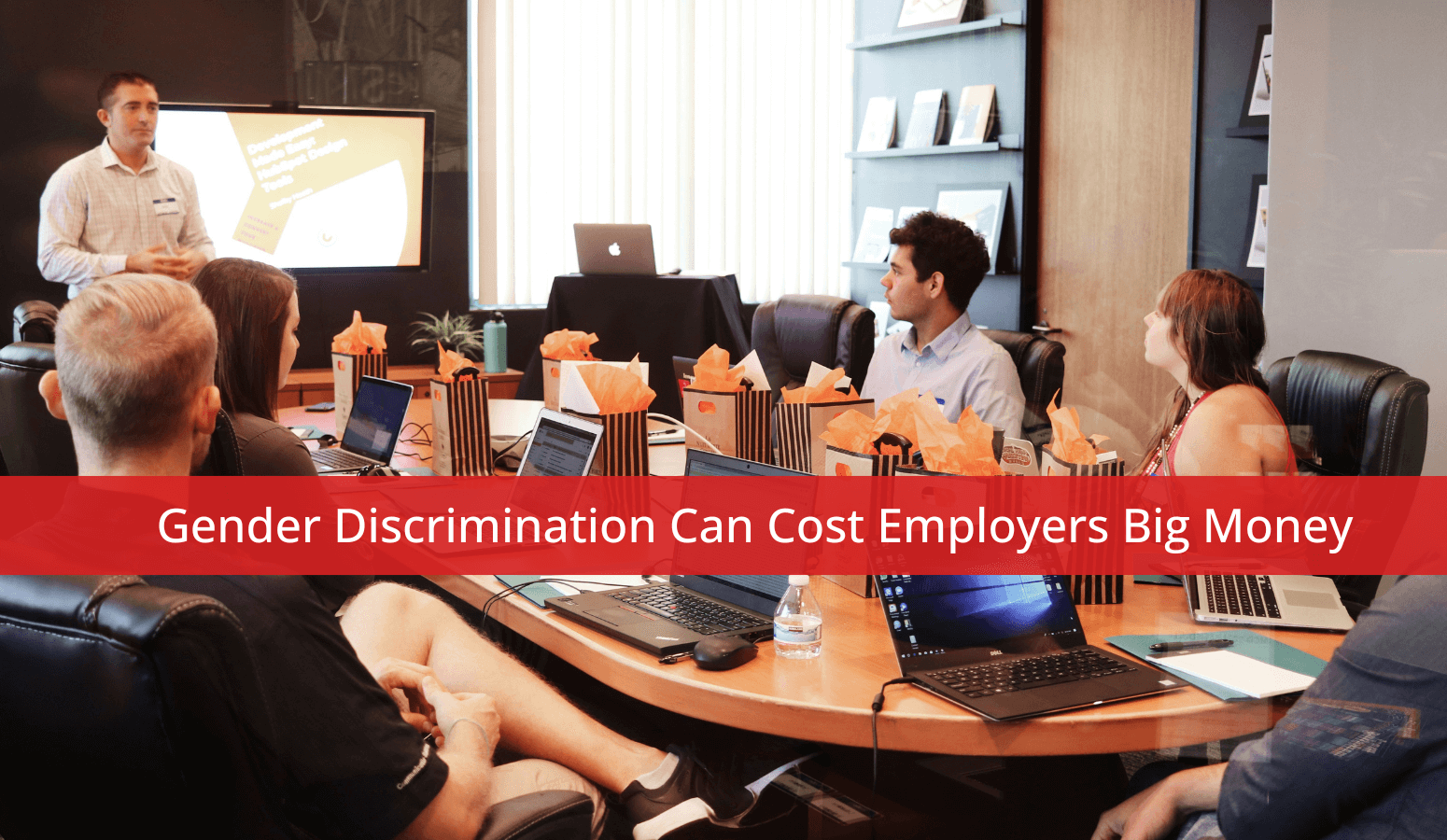
Gender Discrimination Can Cost Employers Big Money
Read More
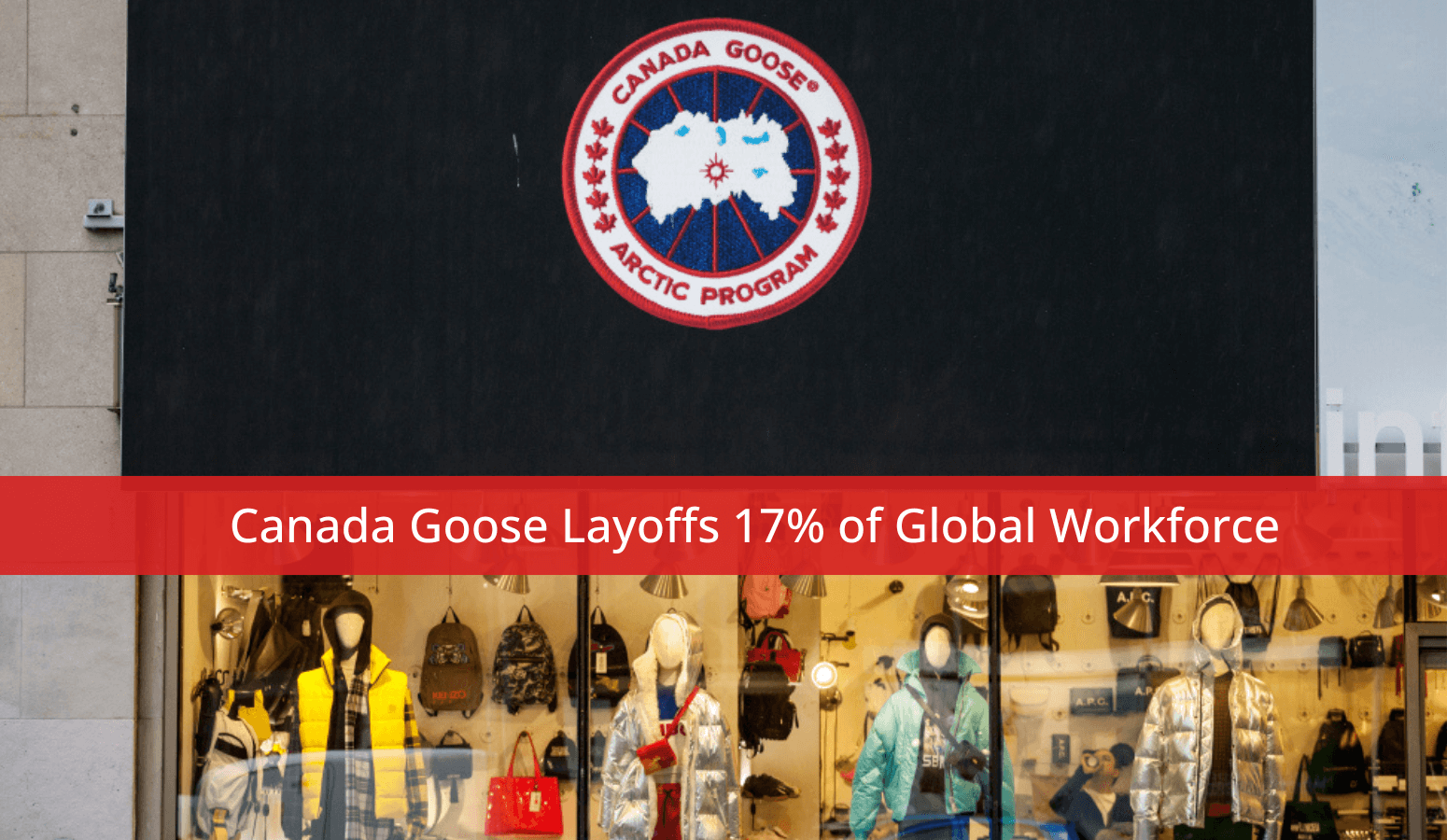
Canada Goose Layoffs 17% of Global Workforce
Read More
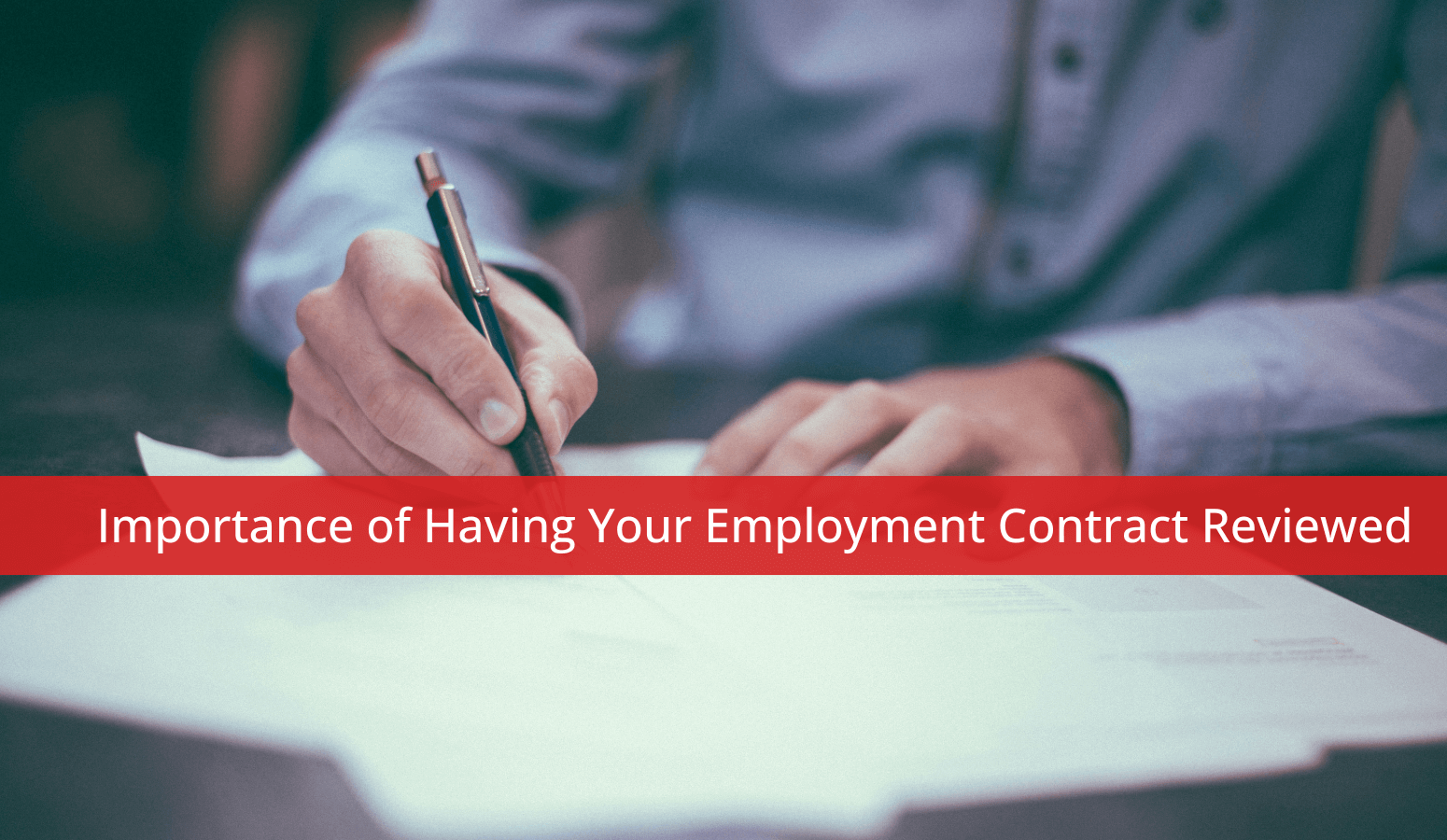
Importance of Having Your Employment Contract Reviewed
Read More
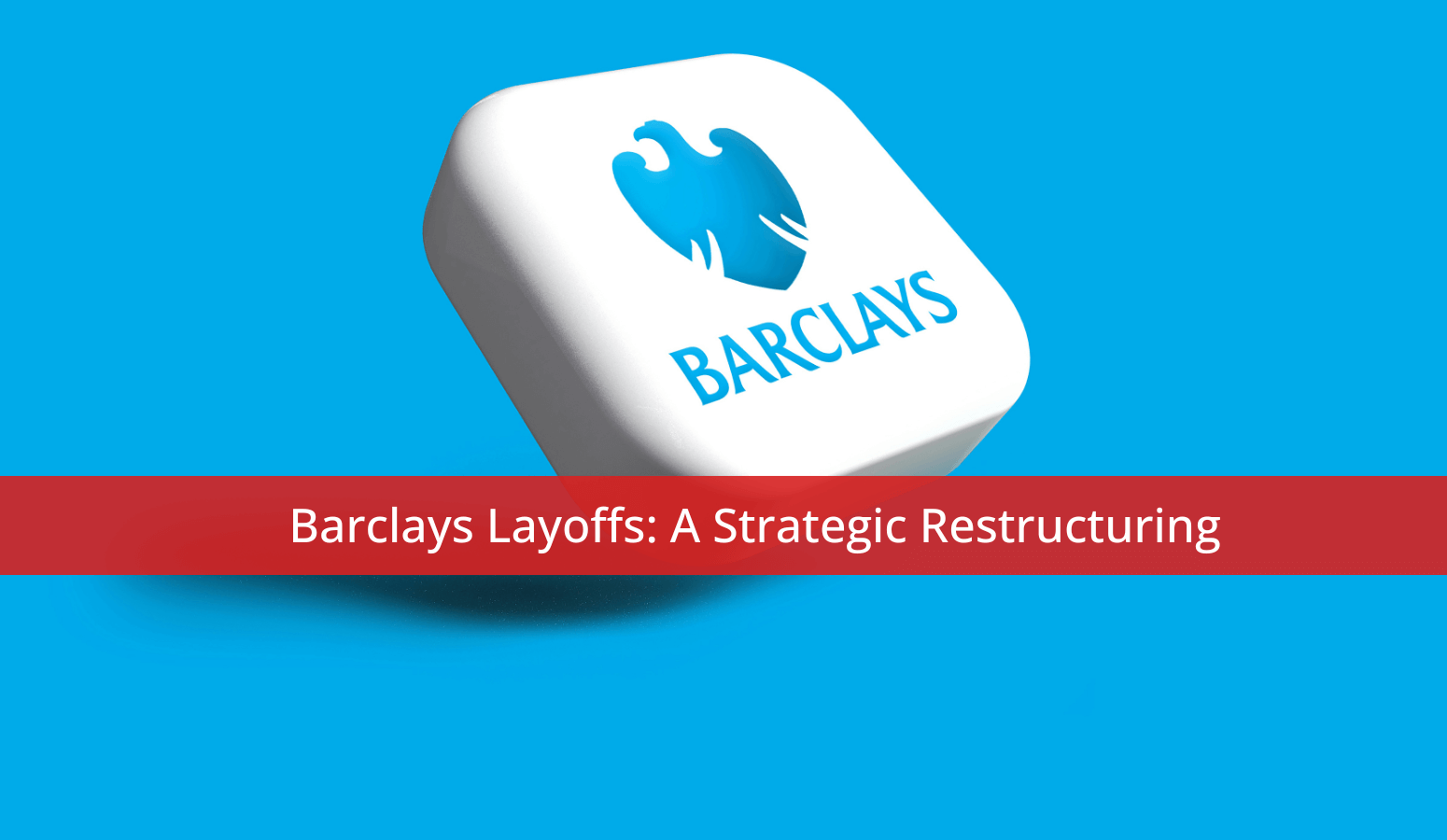
Barclays Layoffs: A Strategic Restructuring
Read More

Workers should second guess new contracts as courts crack down on severance-limiting clauses
Read More
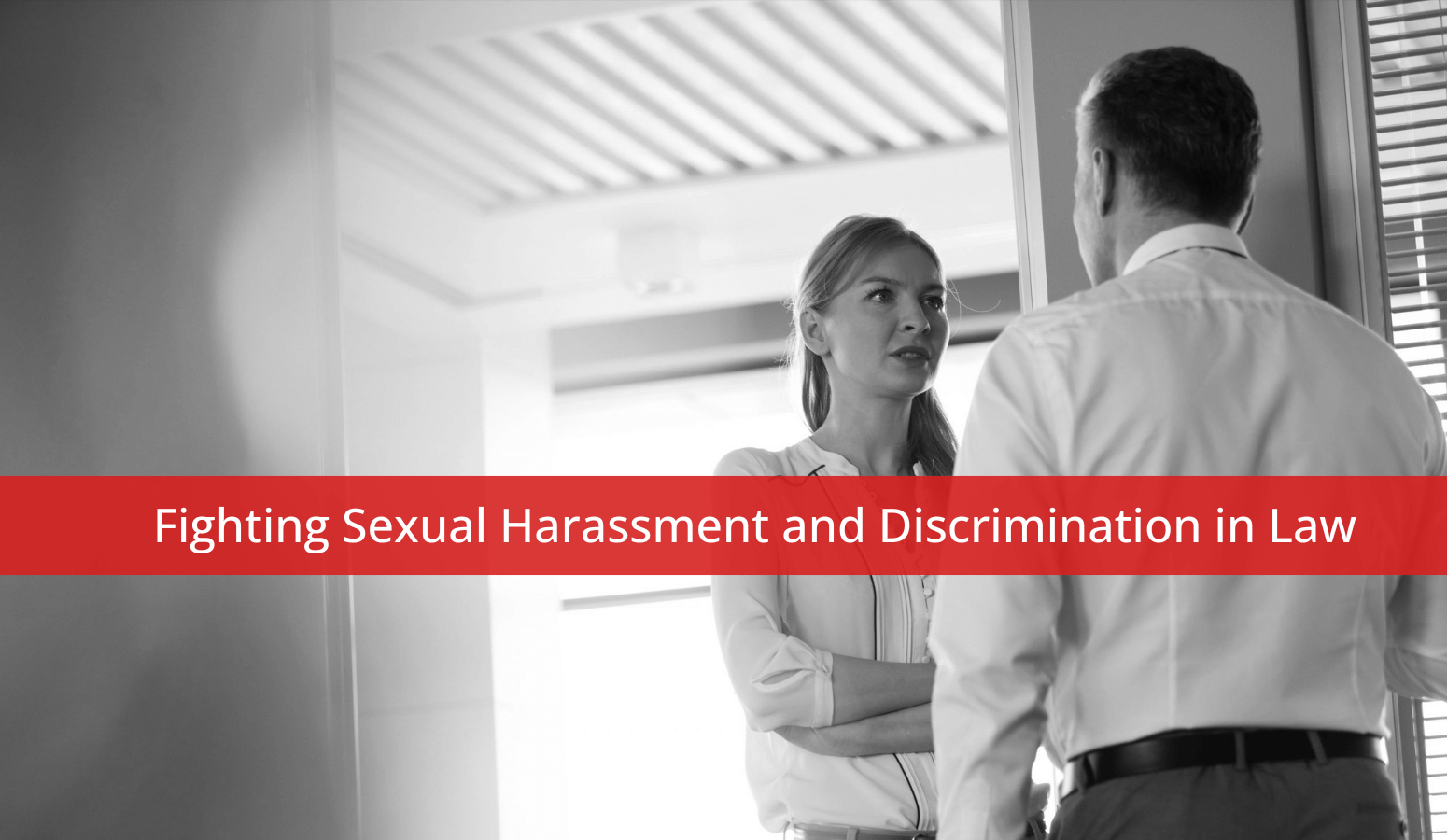
Fighting Sexual Harassment and Discrimination in Law
Read More

What to Do While Facing Workplace Harassment?
Read More

Bonus Compensation on Quitting: What to Expect
Read More

Contractor Rights: Severance Packages Explained
Read More
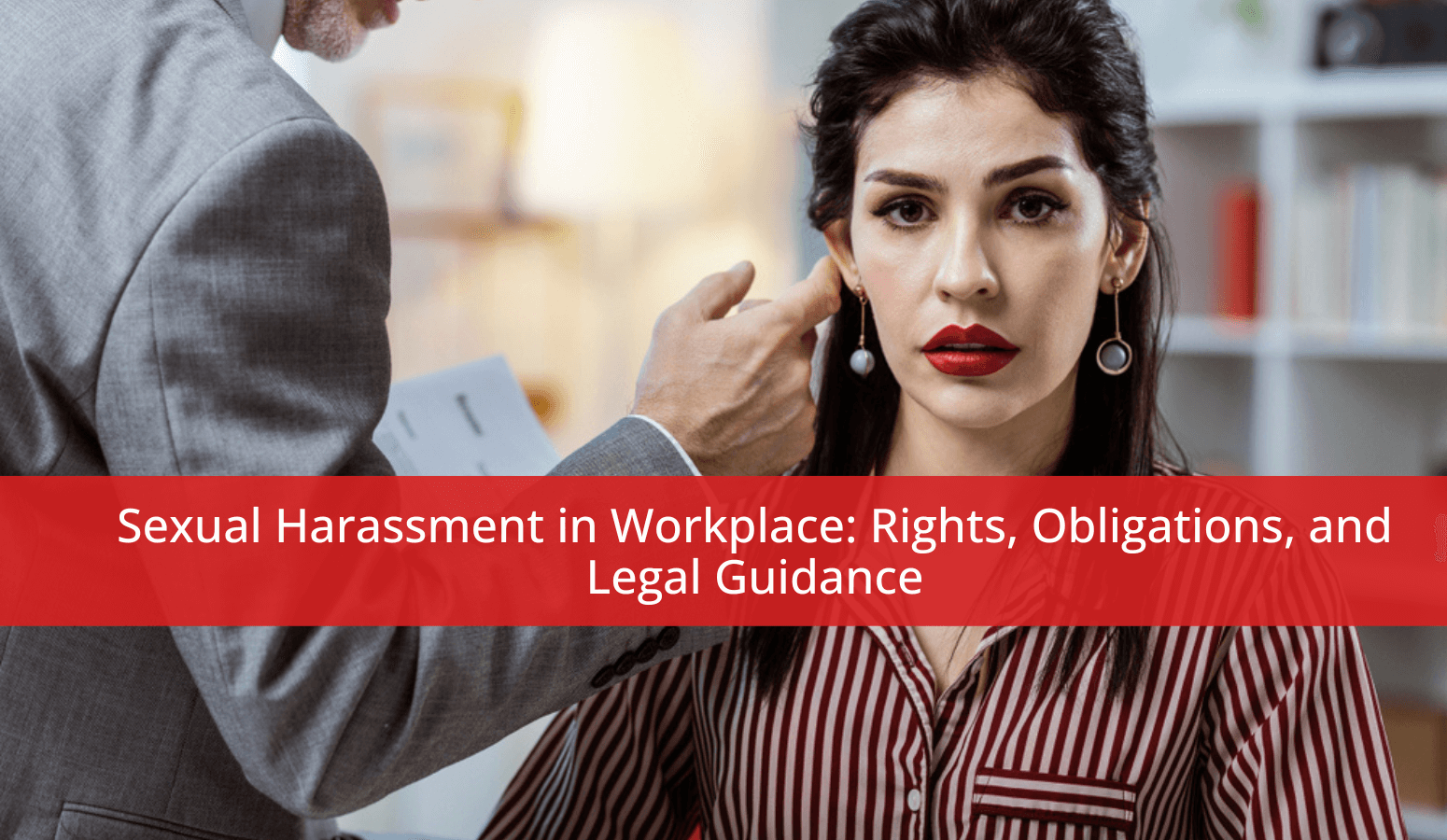
Sexual Harassment in Workplace: Rights, Obligations, & Legal Guidance
Read More

Post-Waksdale: Importance of Employment Contract Review
Read More

Courtroom Victory: Secured $1.7M in a Wrongful Dismissal Case
Read More

Severance Package: What You Need to Know
Read More

Off-Duty Conduct: Rights and Responsibilities in the Workplace
Read More

Workplace Harassment Challenges: Canada Embraces ILO Convention 190
Read More
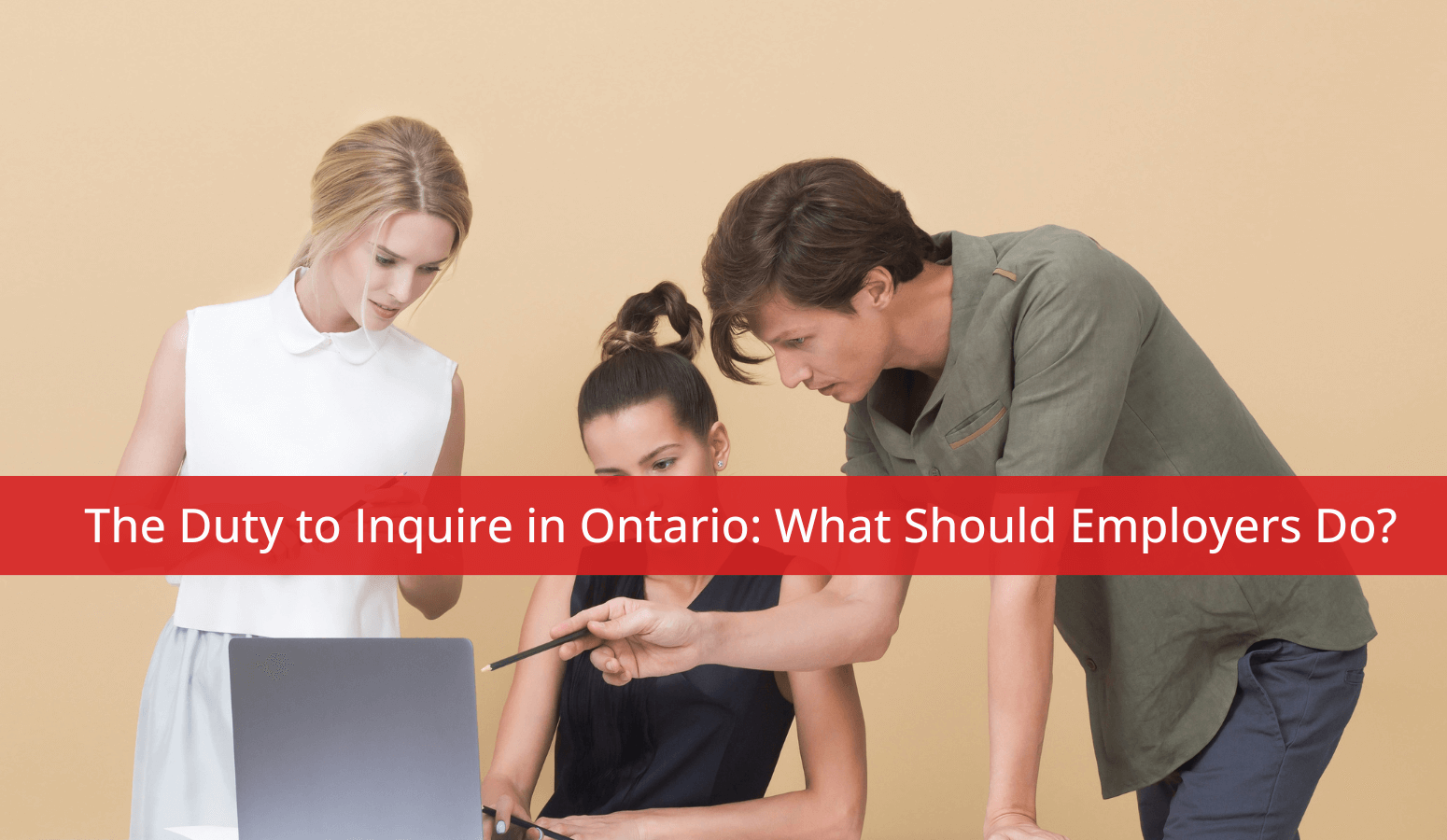
The Duty to Inquire in Ontario: What Should Employers Do?
Read More

The Potential of Virtual Lawyers
Read More

Layoffs in 2024: Your Rights, Protections, and Next Steps
Read More

Body Shop Stores: Shutdowns, Acquisitions, and a Revamp Ahead
Read More

Balancing Act: Caregiver Support in the Workplace
Read More
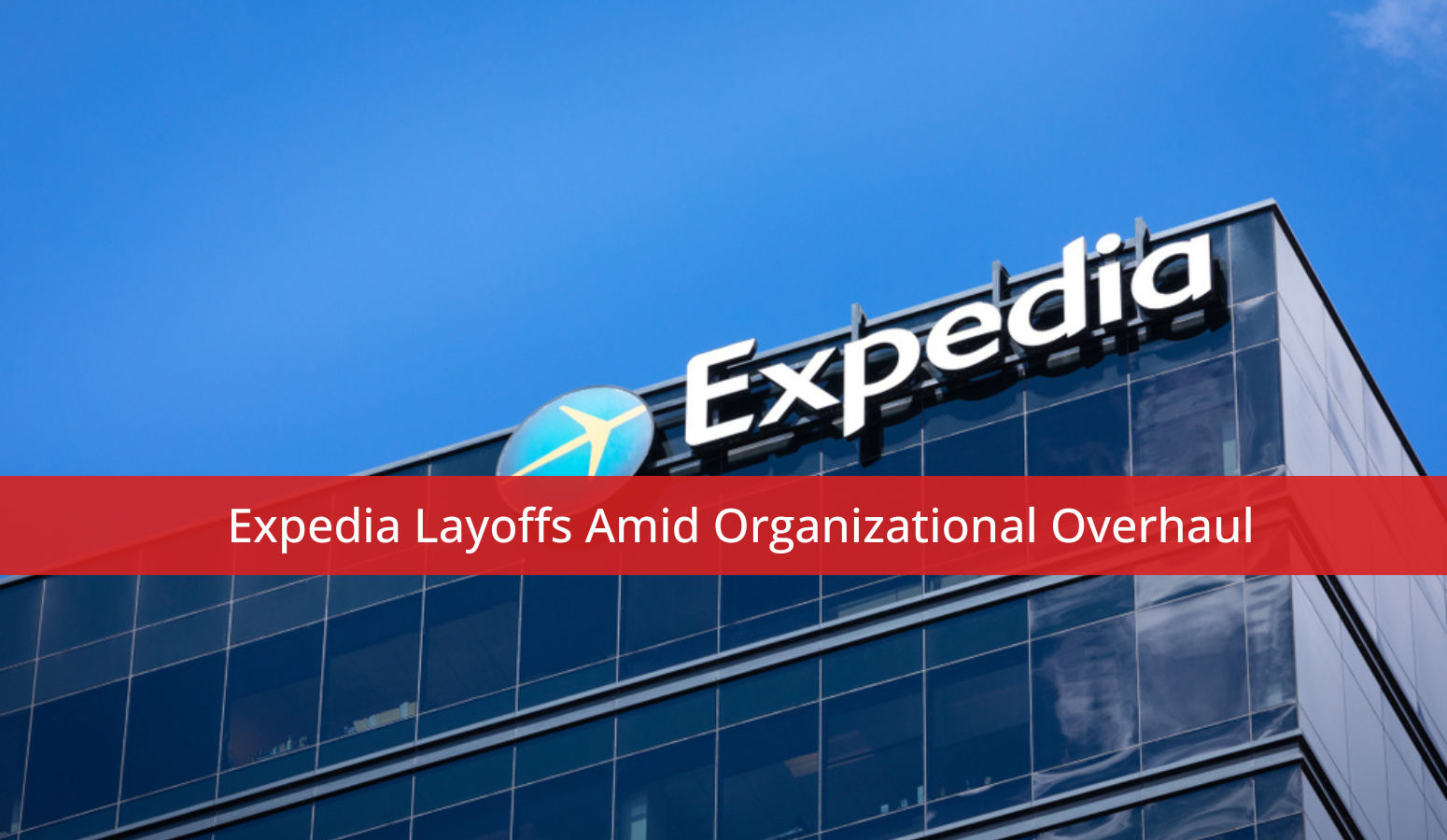
Expedia Layoffs Amid Organizational Overhaul
Read More
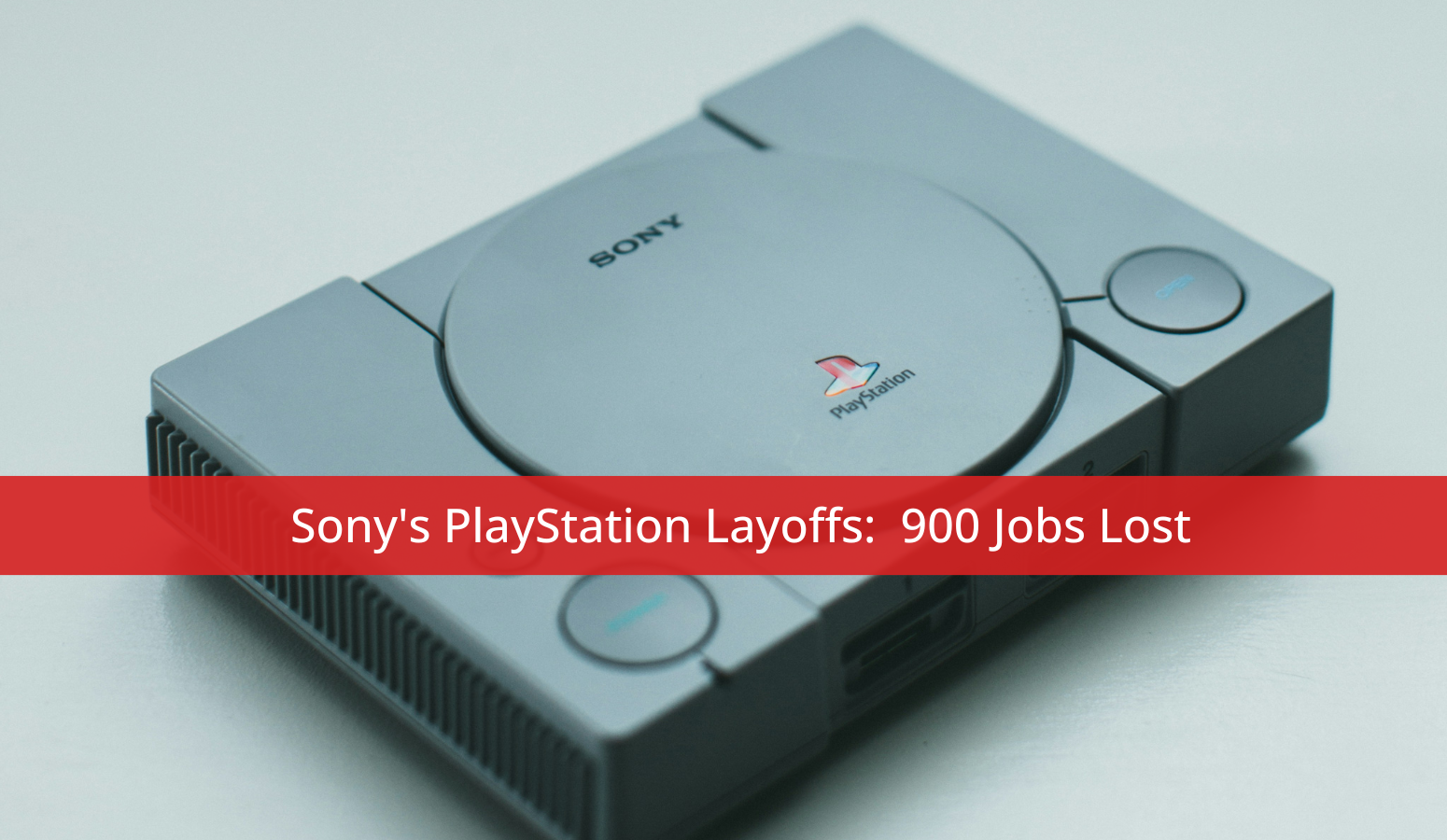
Sony’s PlayStation Layoffs: 900 Jobs Lost
Read More

Can I Get Severance Pay If I Quit My Job?
Read More

Deciphering Just Cause: Insights from a Landmark Case
Read More

Lynx Airlines Ceases Operations
Read More
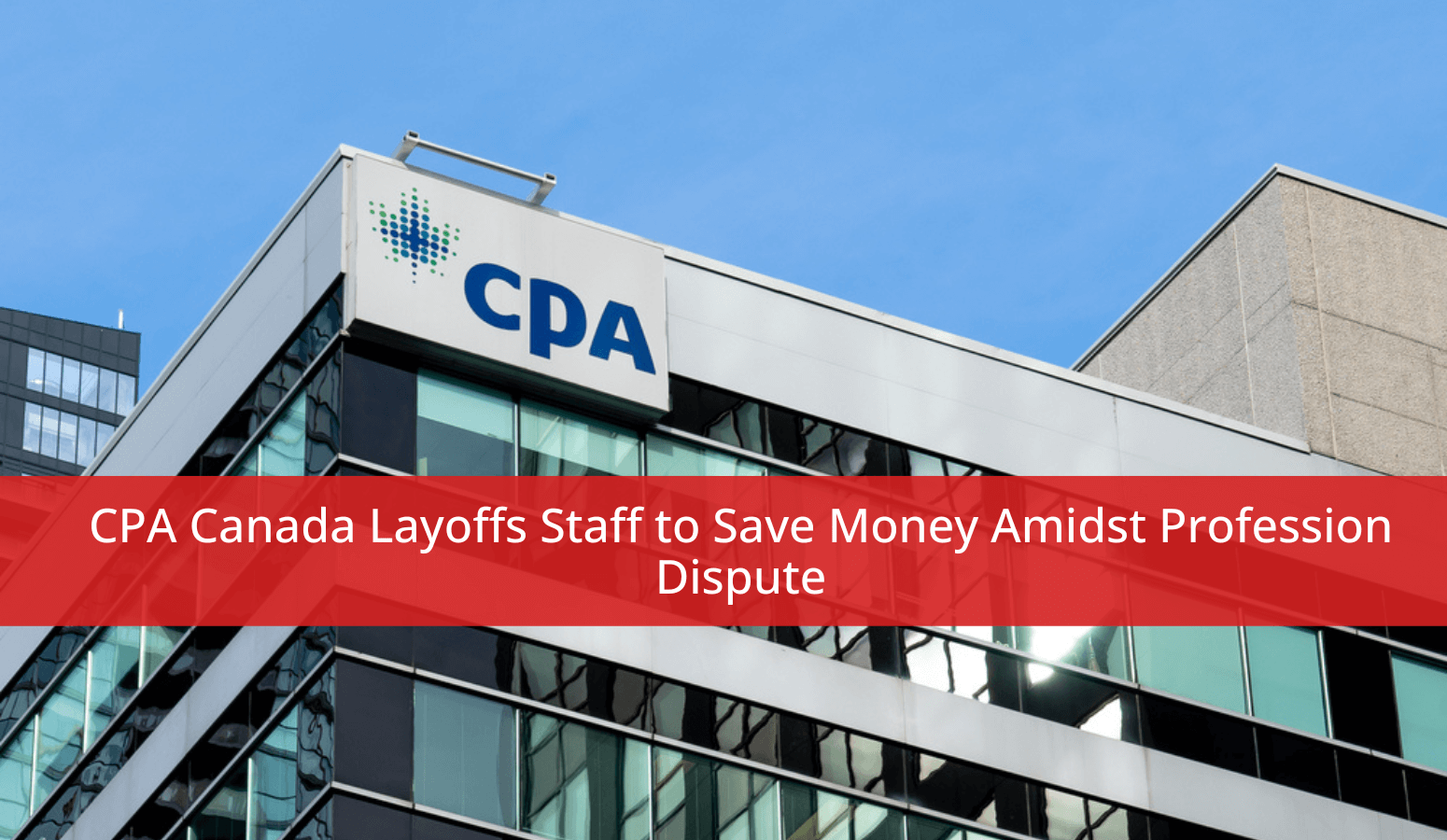
CPA Canada layoffs Staff to Save Money Amidst Profession Dispute
Read More

Defamation Alert: Ontario Court Awards $4.7 Million Judgment Against Internet Troll
Read More
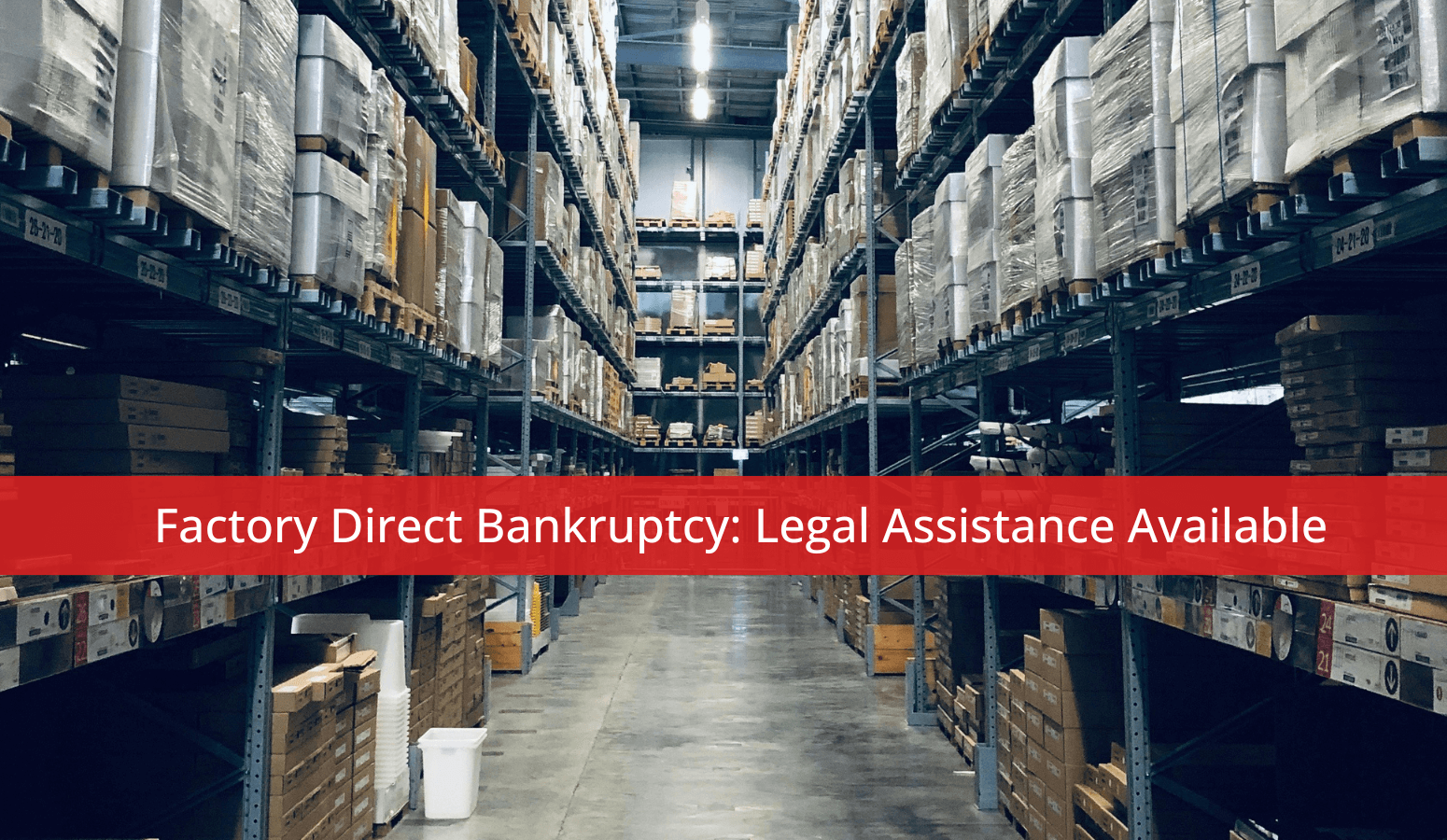
Factory Direct Bankruptcy: Legal Assistance Available
Read More
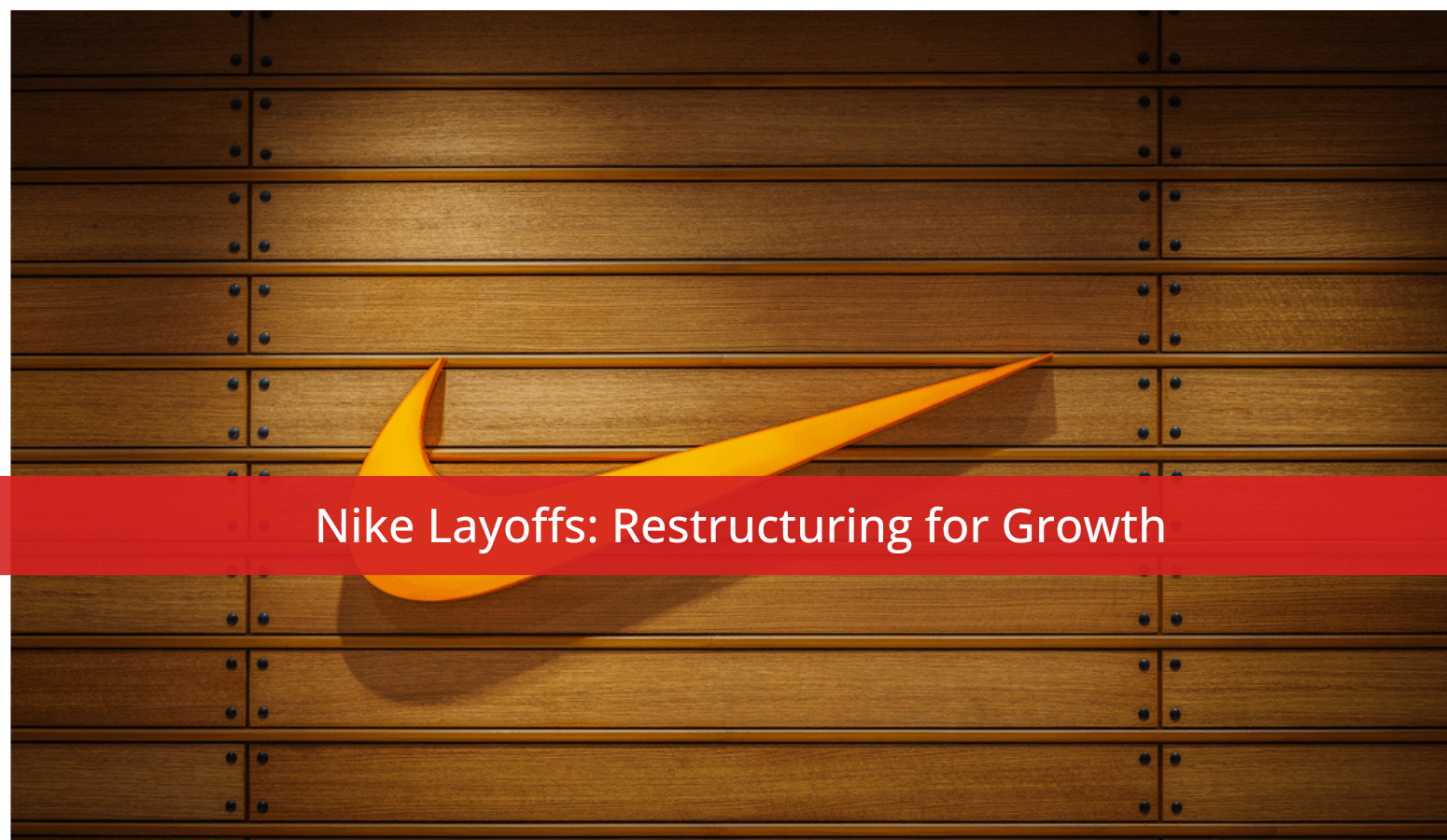
Nike Layoffs: Restructuring for Growth
Read More
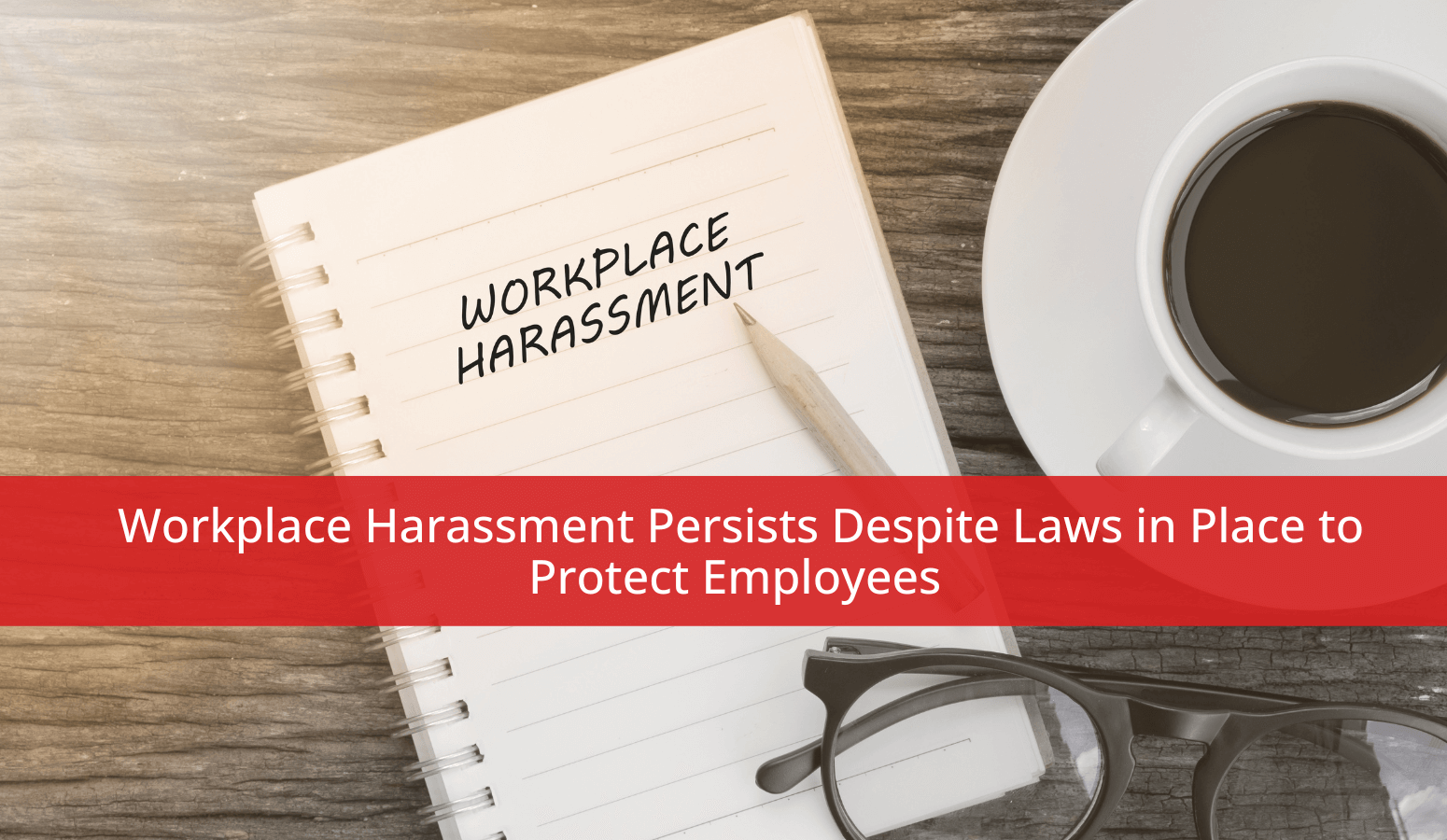
Workplace Harassment Persists Despite Laws in Place to Protect Employees
Read More

BlackBerry Layoffs: Streamlining for Success or a Desperate Move?
Read More

Cisco Layoffs: Company Streamlines Amid Strategic Focus
Read More

Morgan Stanley Layoffs: Strategic Adjustments
Read More
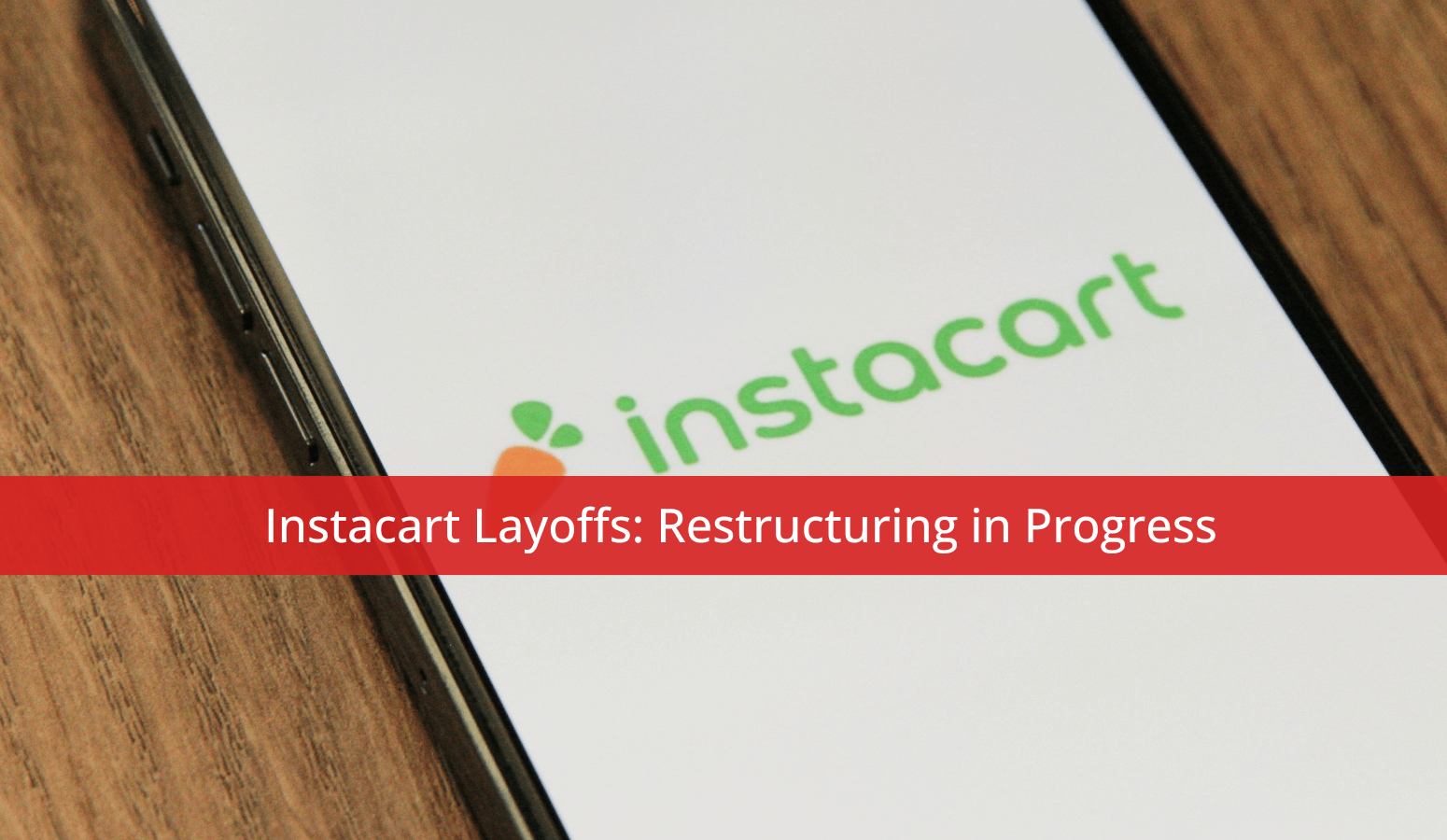
Instacart Layoffs: Restructuring in Progress
Read More

Your Employment Contract – Can They Hold You to a Job?
Read More

Severance Packages: Untangling the Complexities
Read More

When Does Rudeness Become Workplace Harassment?
Read More

Bell Media Layoffs: Bell Cutting 4,800 Jobs as It Restructures Again
Read More
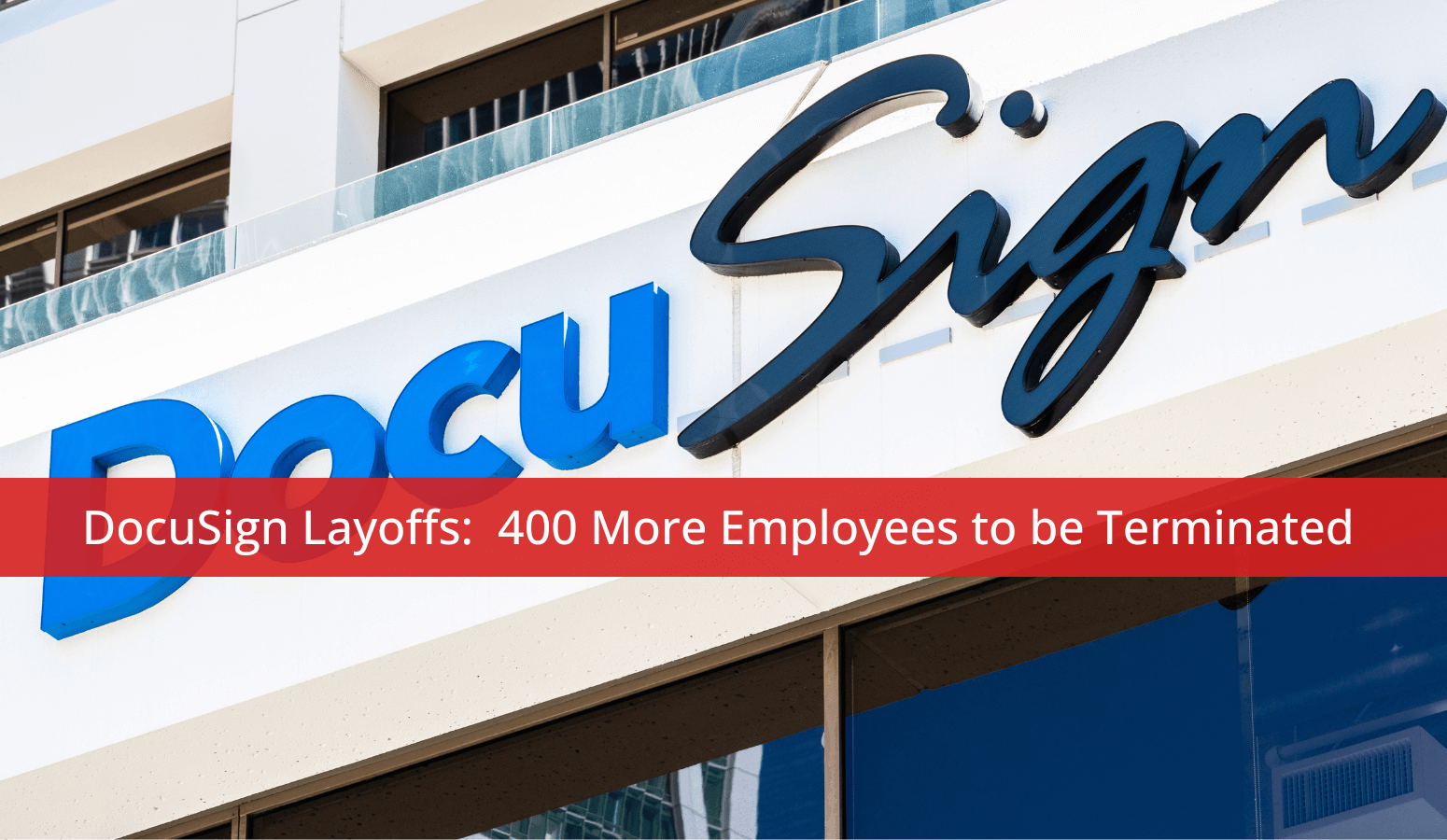
DocuSign Layoffs: 400 More Employees to be Terminated
Read More

Layoffs at Snap: Tech Layoffs Still Going Strong
Read More
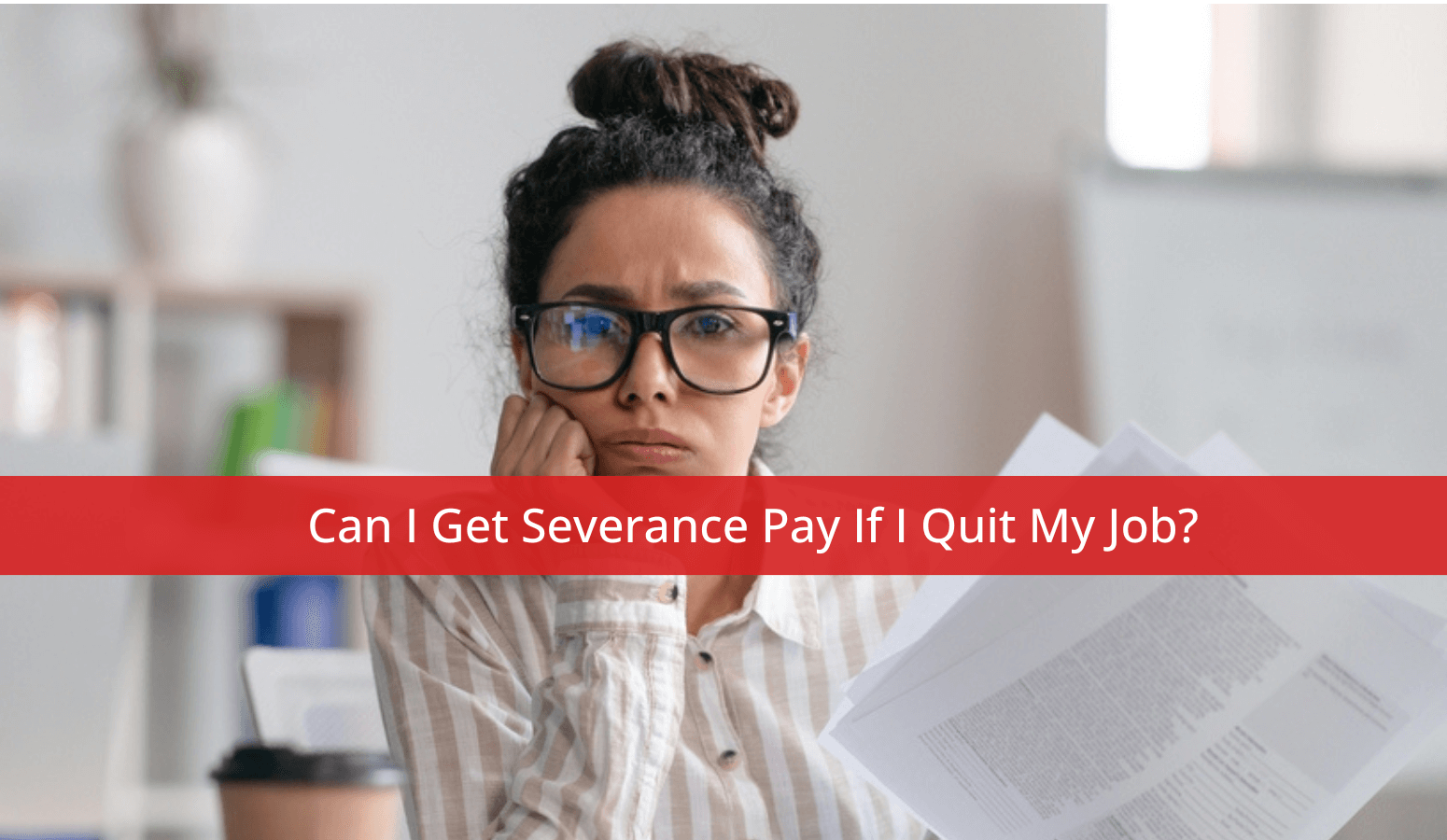
Can I Get Severance Pay If I Quit My Job?
Read More

Is Just Cause Termination Possible Based on a Viral Video?
Read More
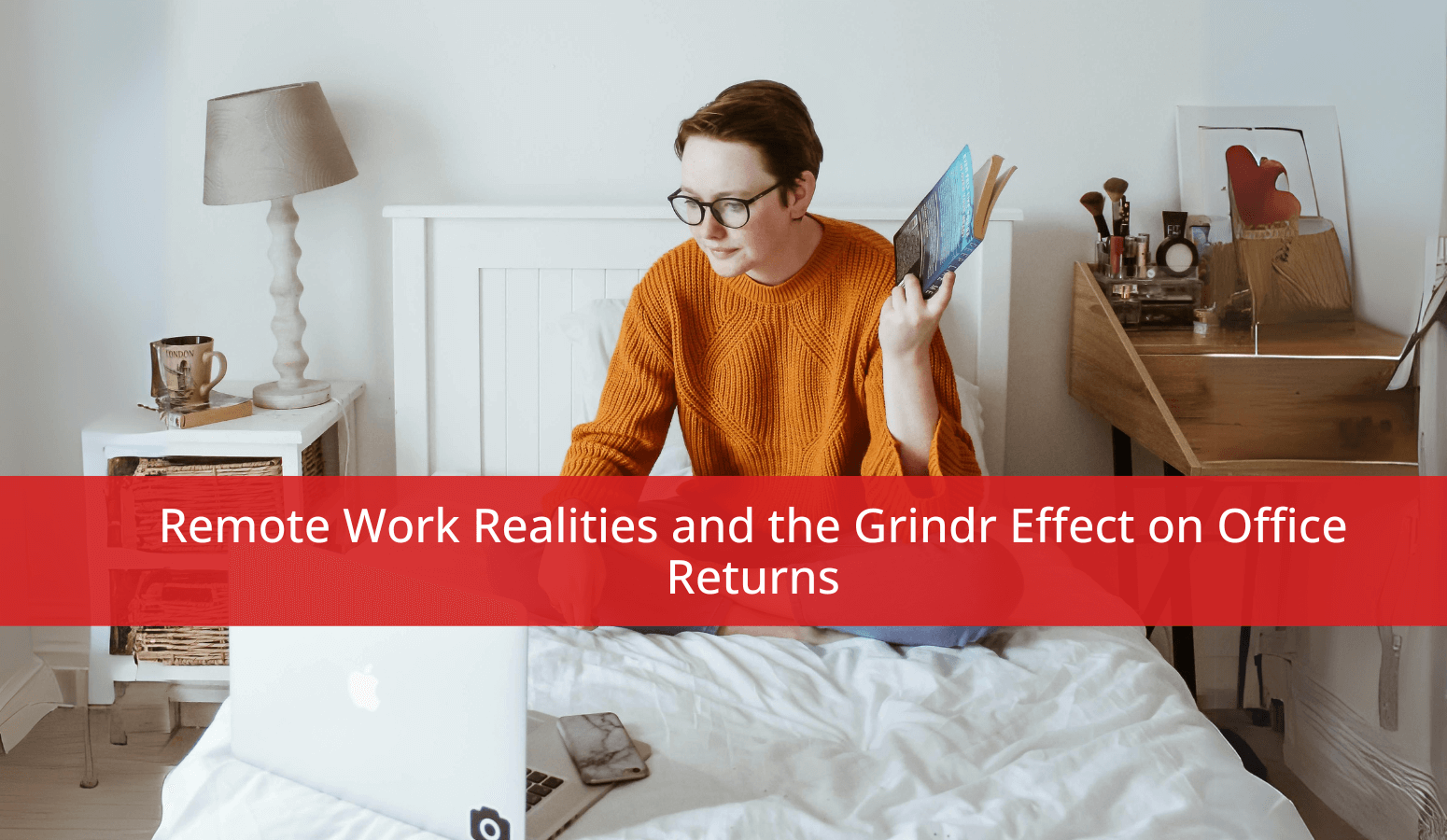
Remote Work Realities and the Grindr Effect on Office Returns
Read More

Navigating Employment Insurance Benefits
Read More

Enbridge Layoffs: 650 Jobs Amid Challenging Business Landscape
Read More
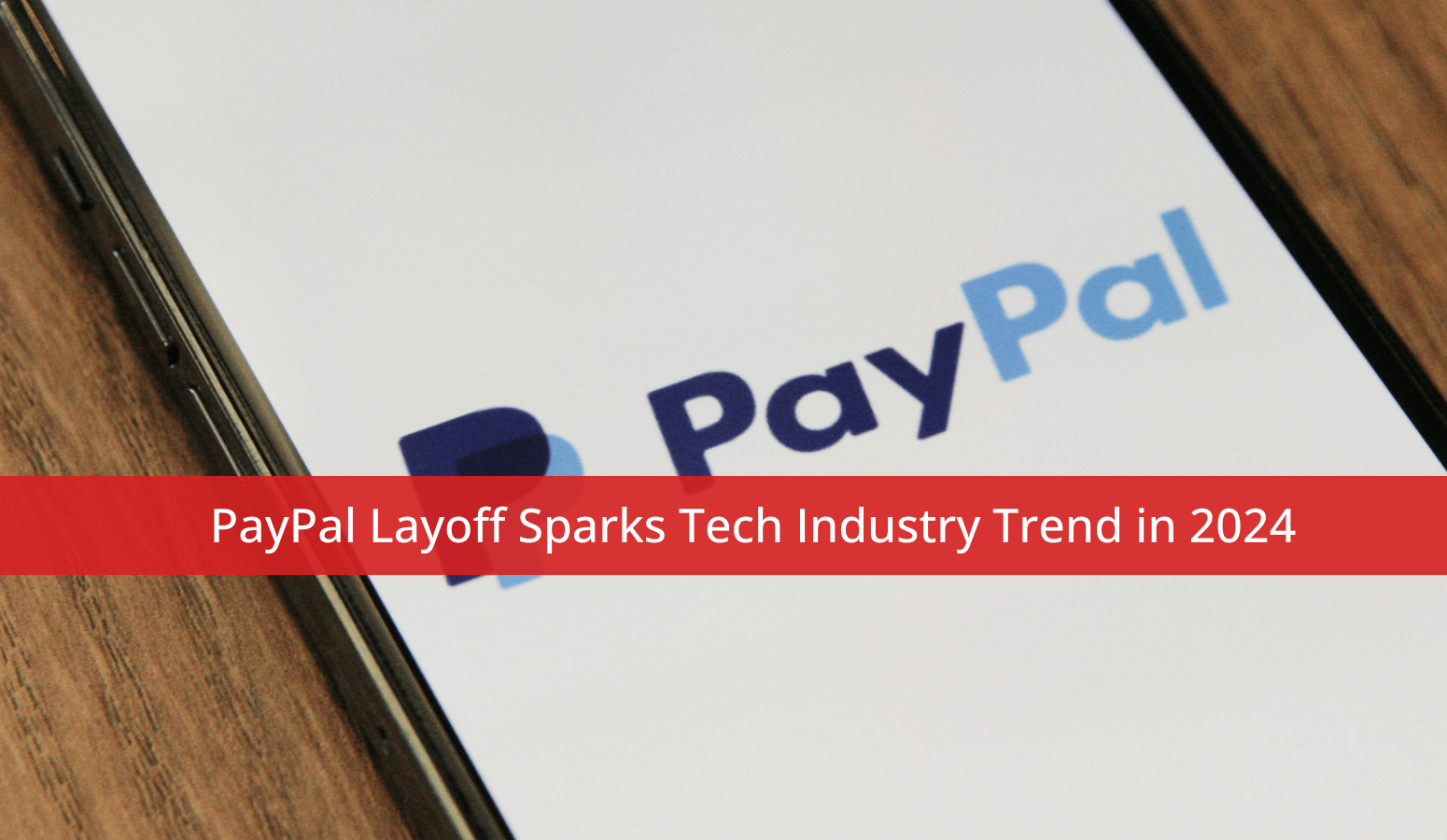
PayPal Layoff Sparks Tech Industry Trend in 2024
Read More
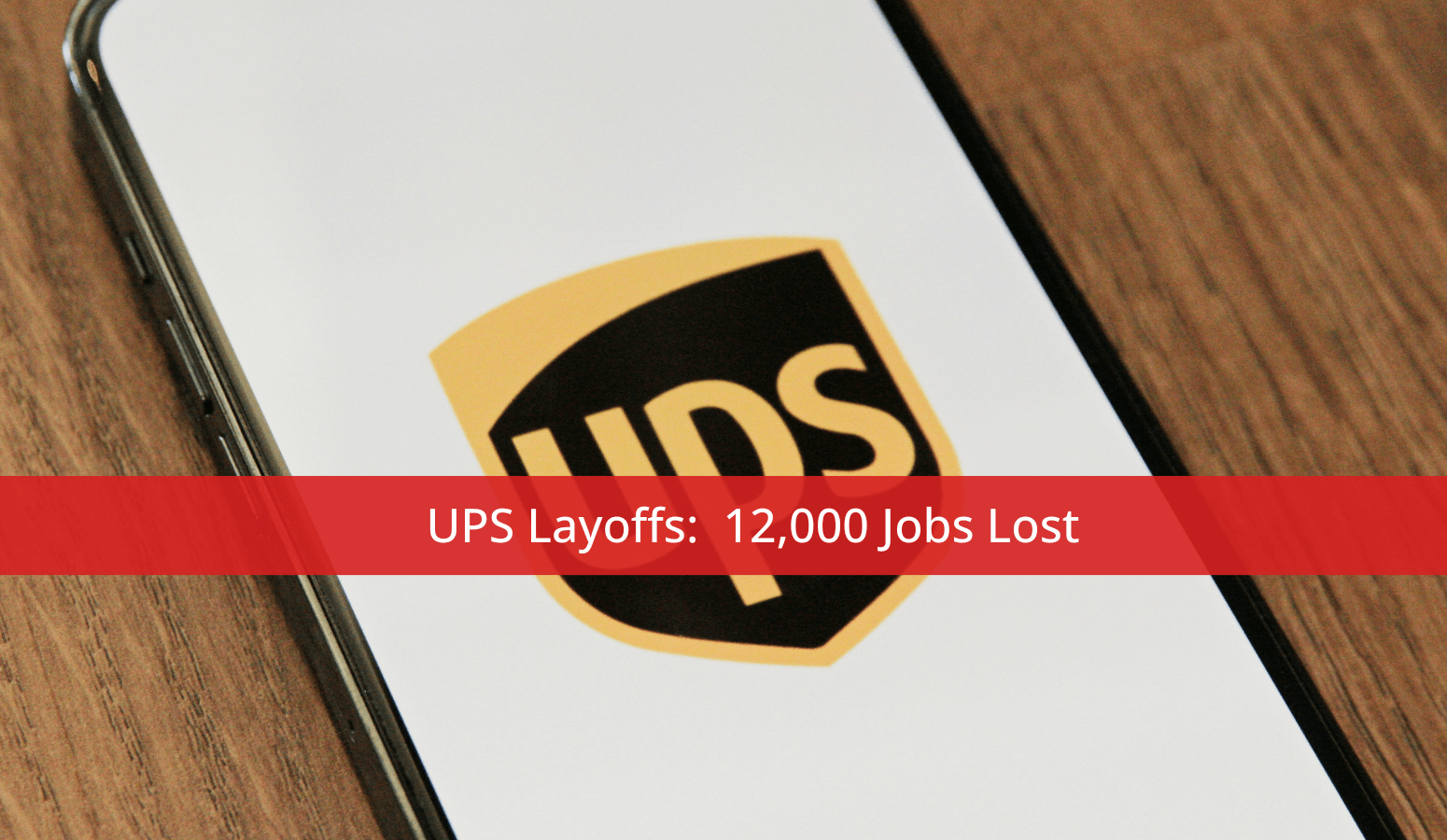
UPS Layoffs: 12,000 Jobs Lost
Read More

Wrongful Dismissal: Insights from Ramcharan v. Wesdome Gold Mines Ltd Case
Read More
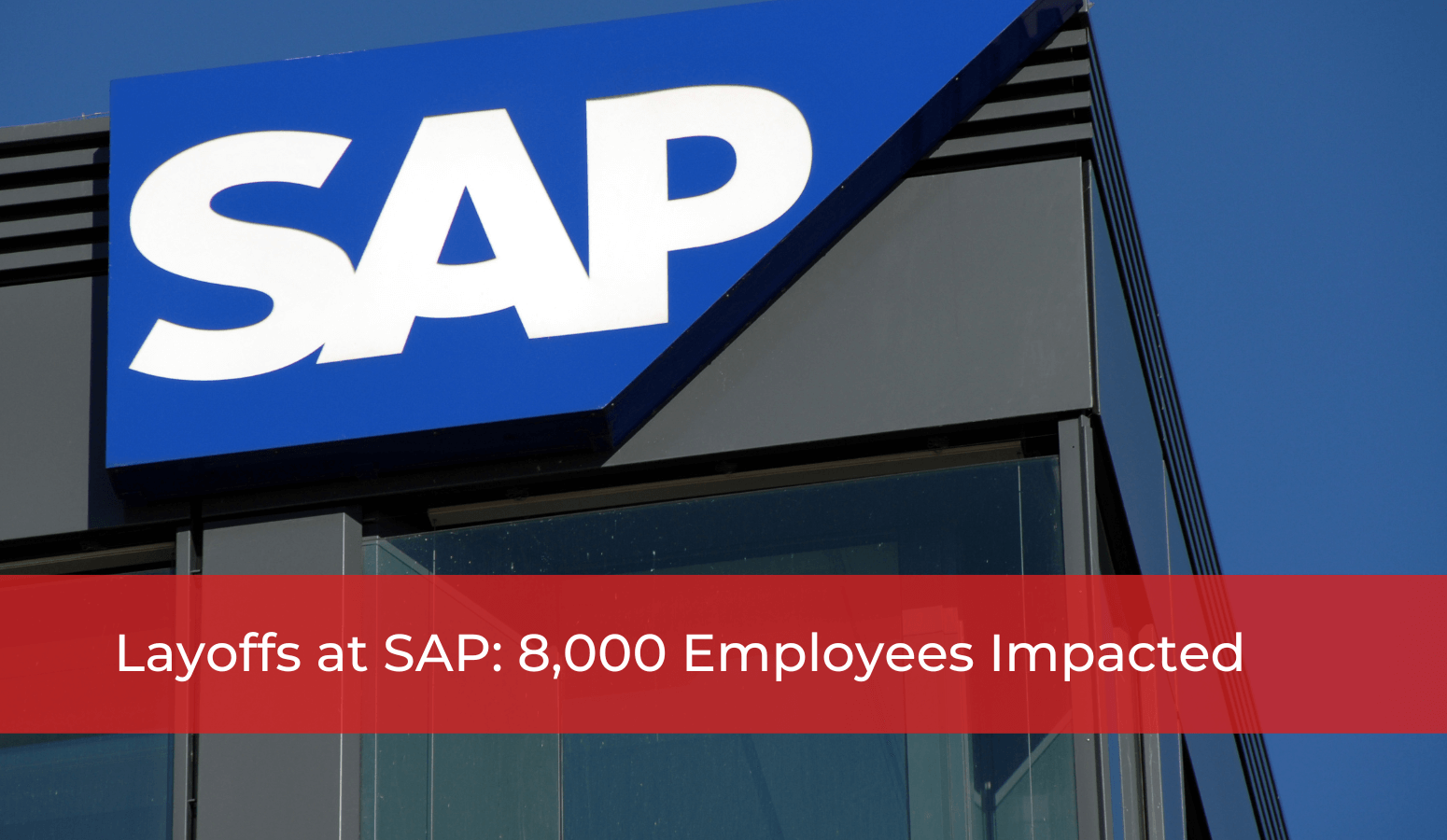
Layoffs at SAP: 8,000 Employees Impacted
Read More

Microsoft Layoffs Continue into 2024
Read More

Terminations at eBay: Paving the Way for Sustainable Growth
Read More
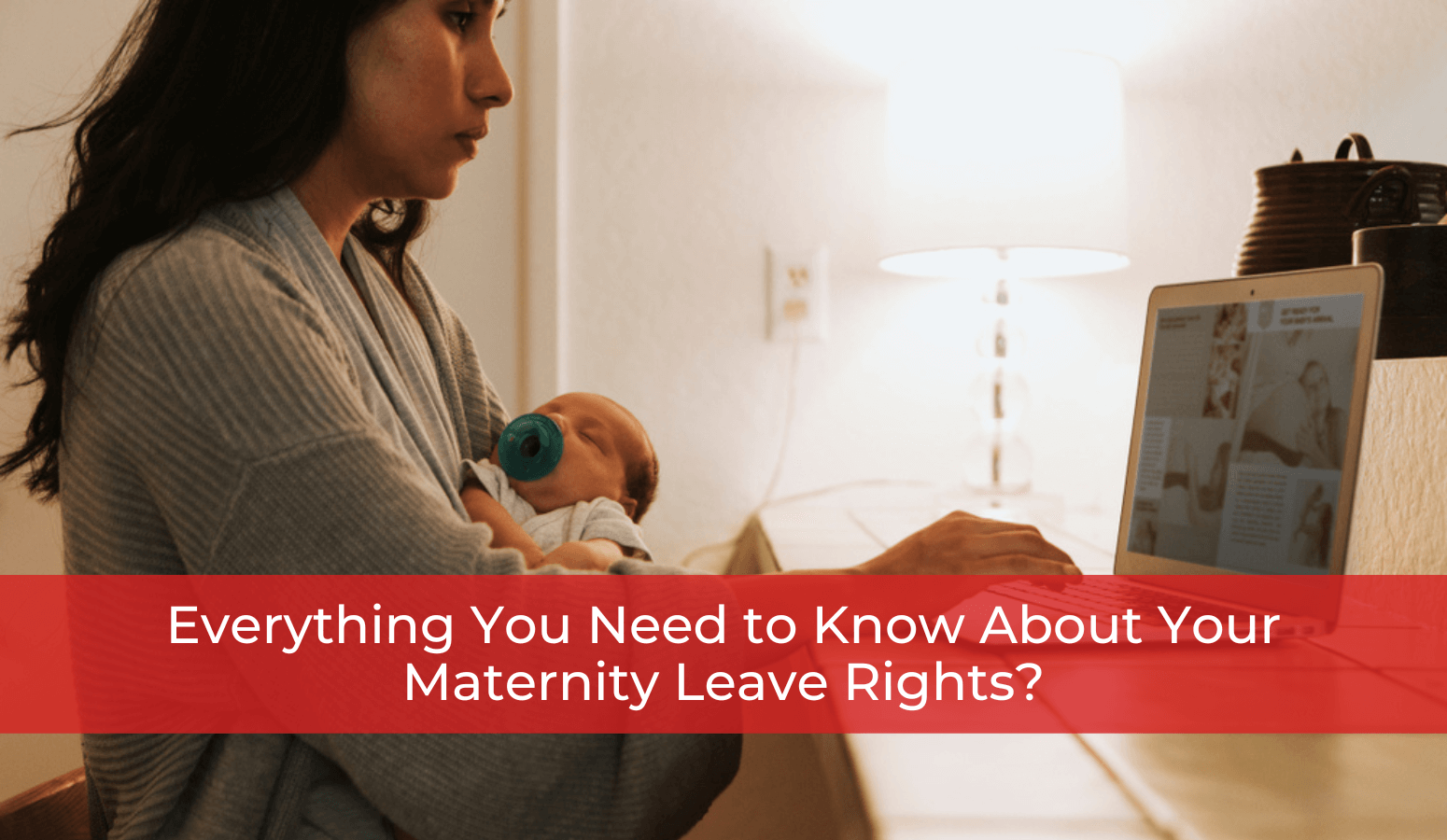
Everything You Need to Know About Your Maternity Leave Rights?
Read More
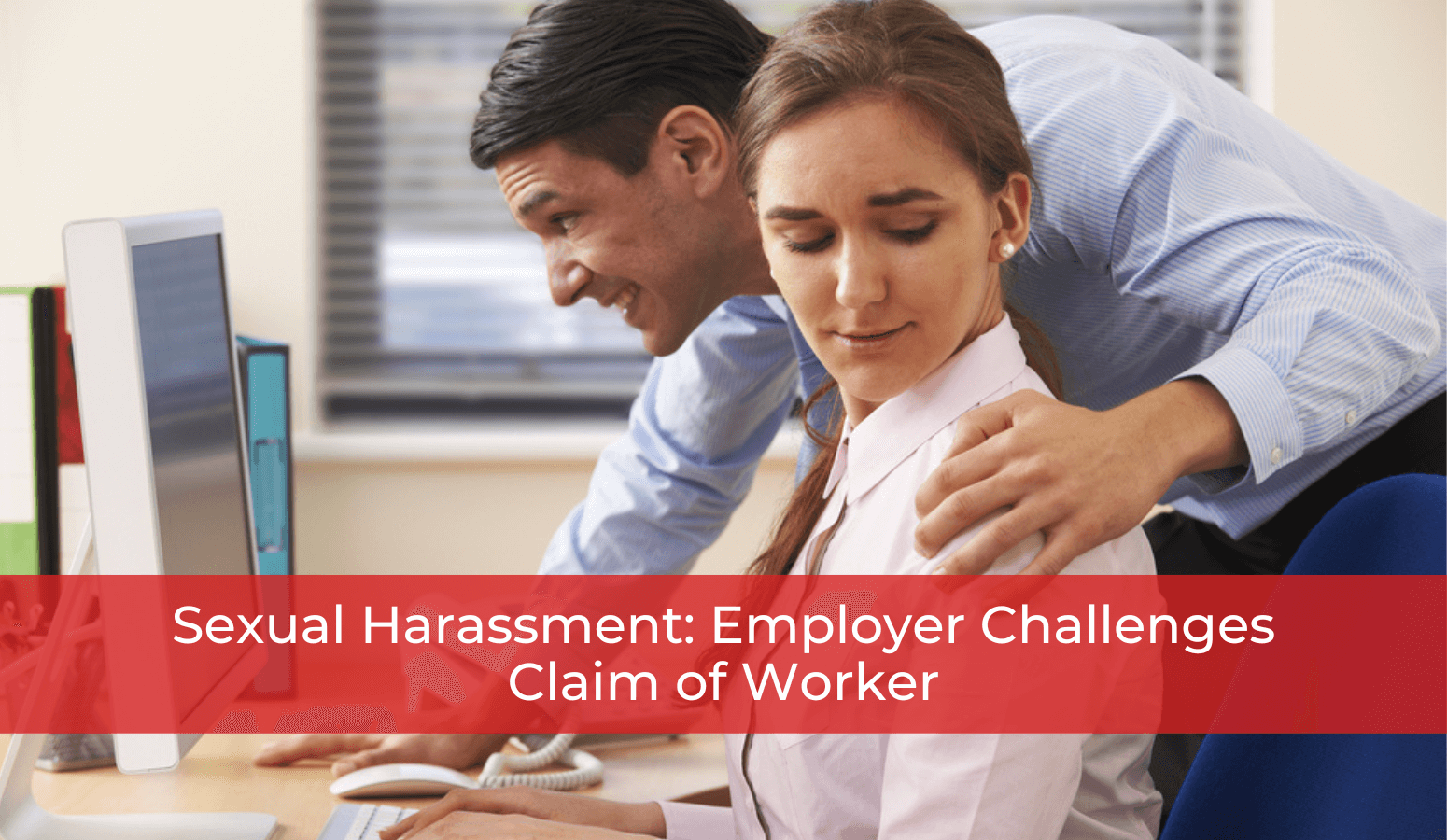
Sexual Harassment: Employer Challenges Claim of Worker
Read More
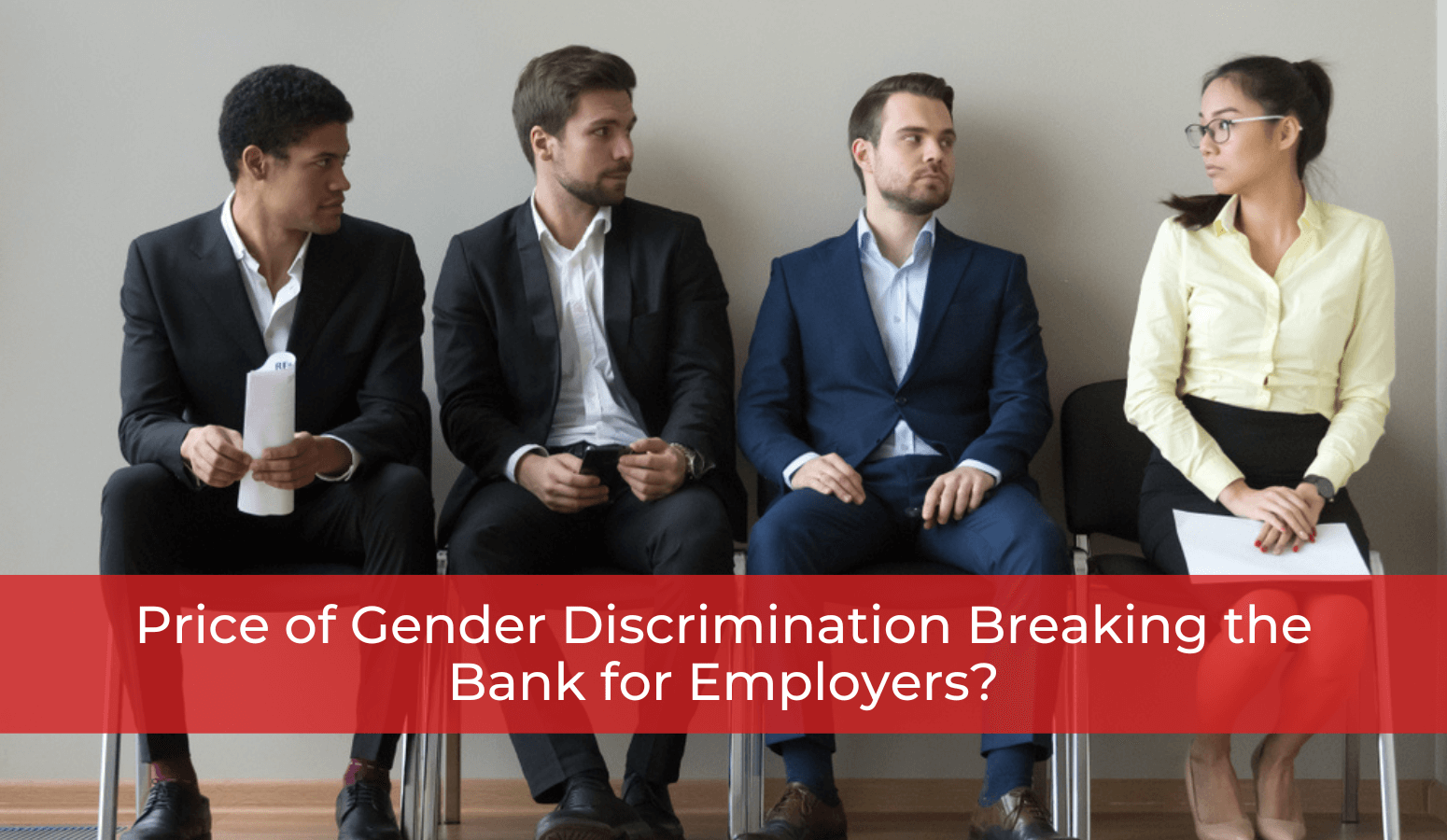
Price of Gender Discrimination Breaking the Bank for Employers?
Read More

Layoffs at Wayfair in 2024 Impacting the Canadian Workforce
Read More

Mastermind Layoff: Workforce Changes Amidst Unity Acquisition
Read More
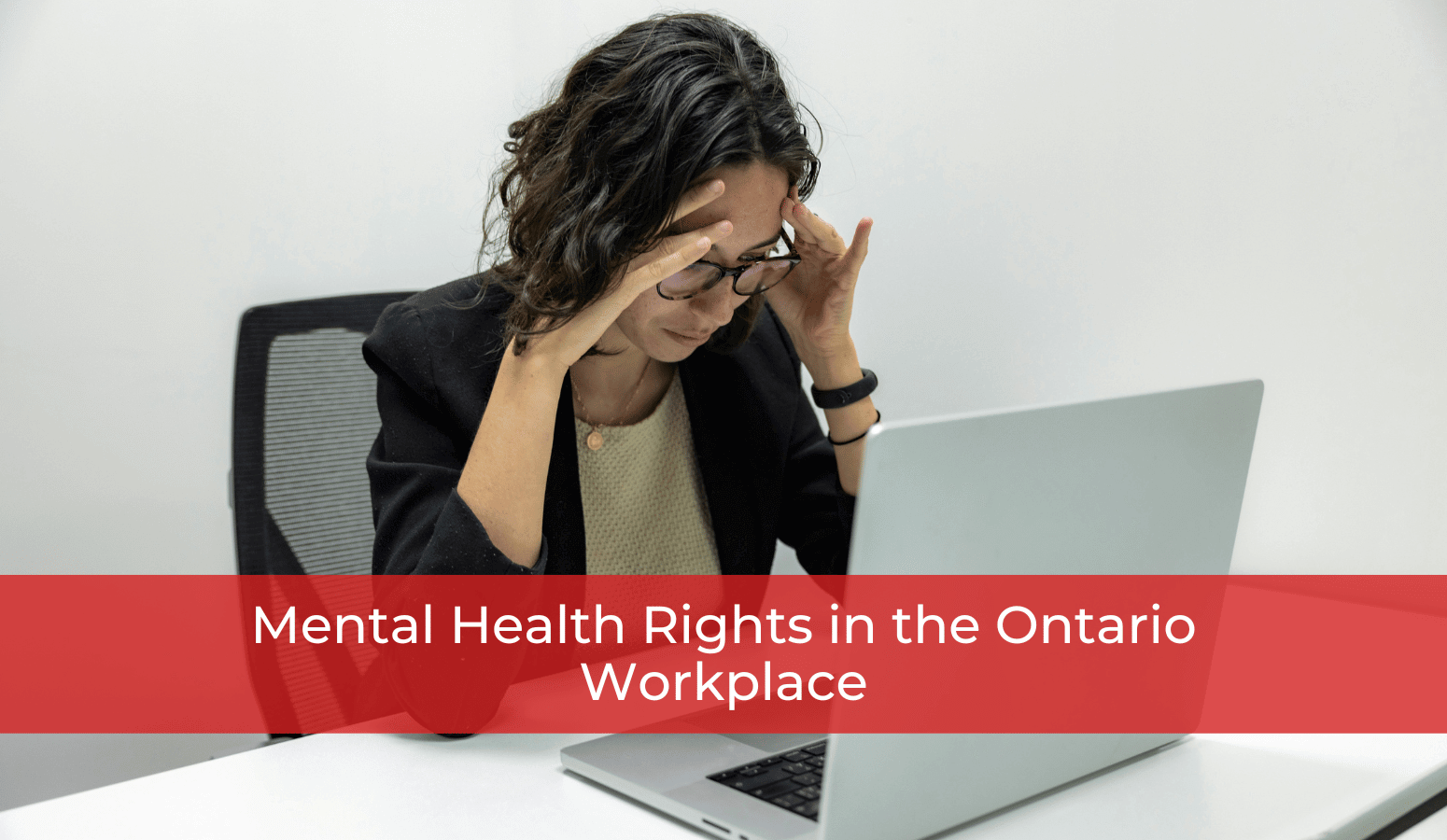
Mental Health Rights in the Ontario Workplace
Read More
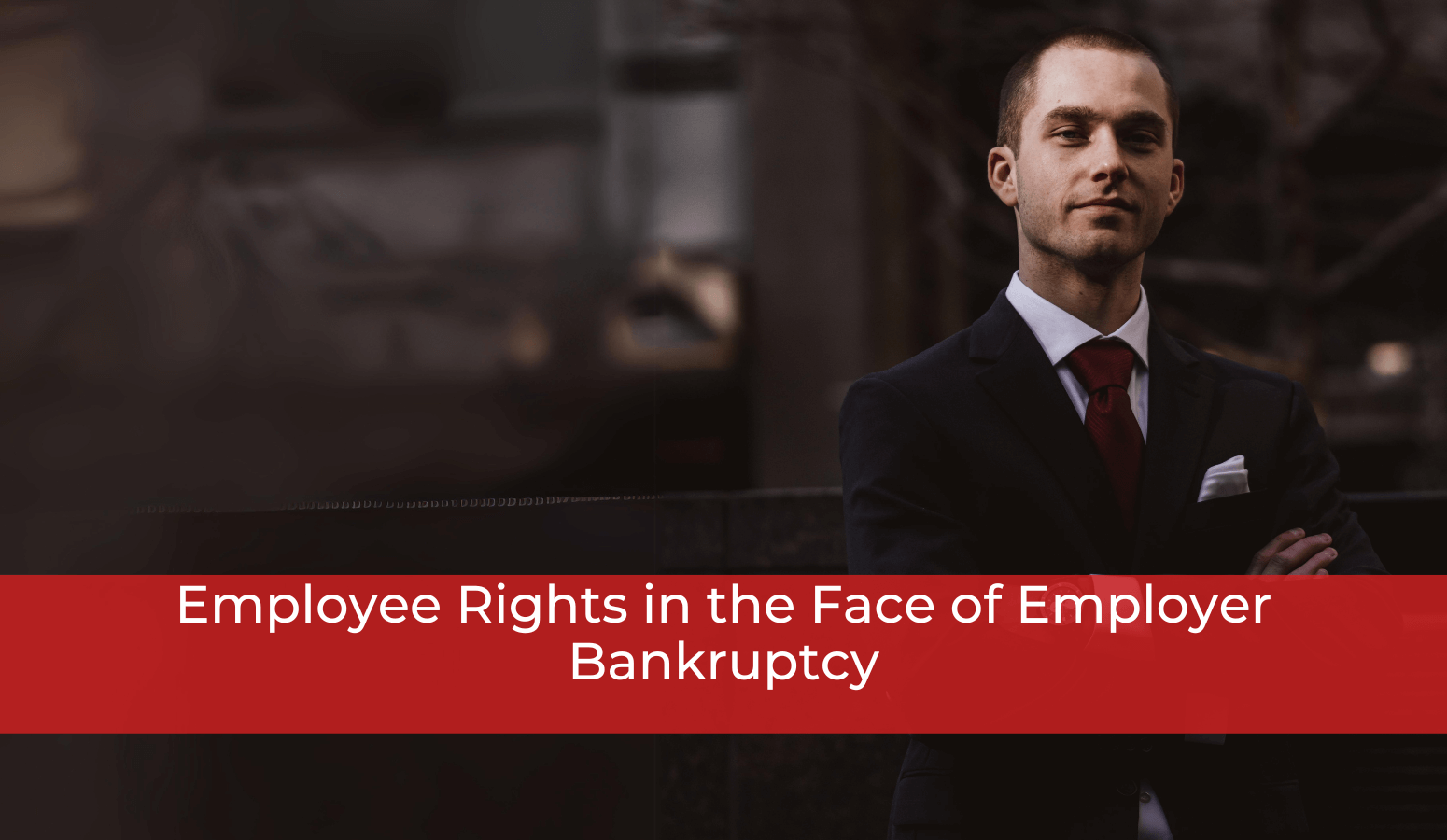
Employee Rights in the Face of Employer Bankruptcy
Read More

Feeling the Effects of Blue Monday?
Read More

Mitigation Excellence: Elevating Severance Strategies
Read More
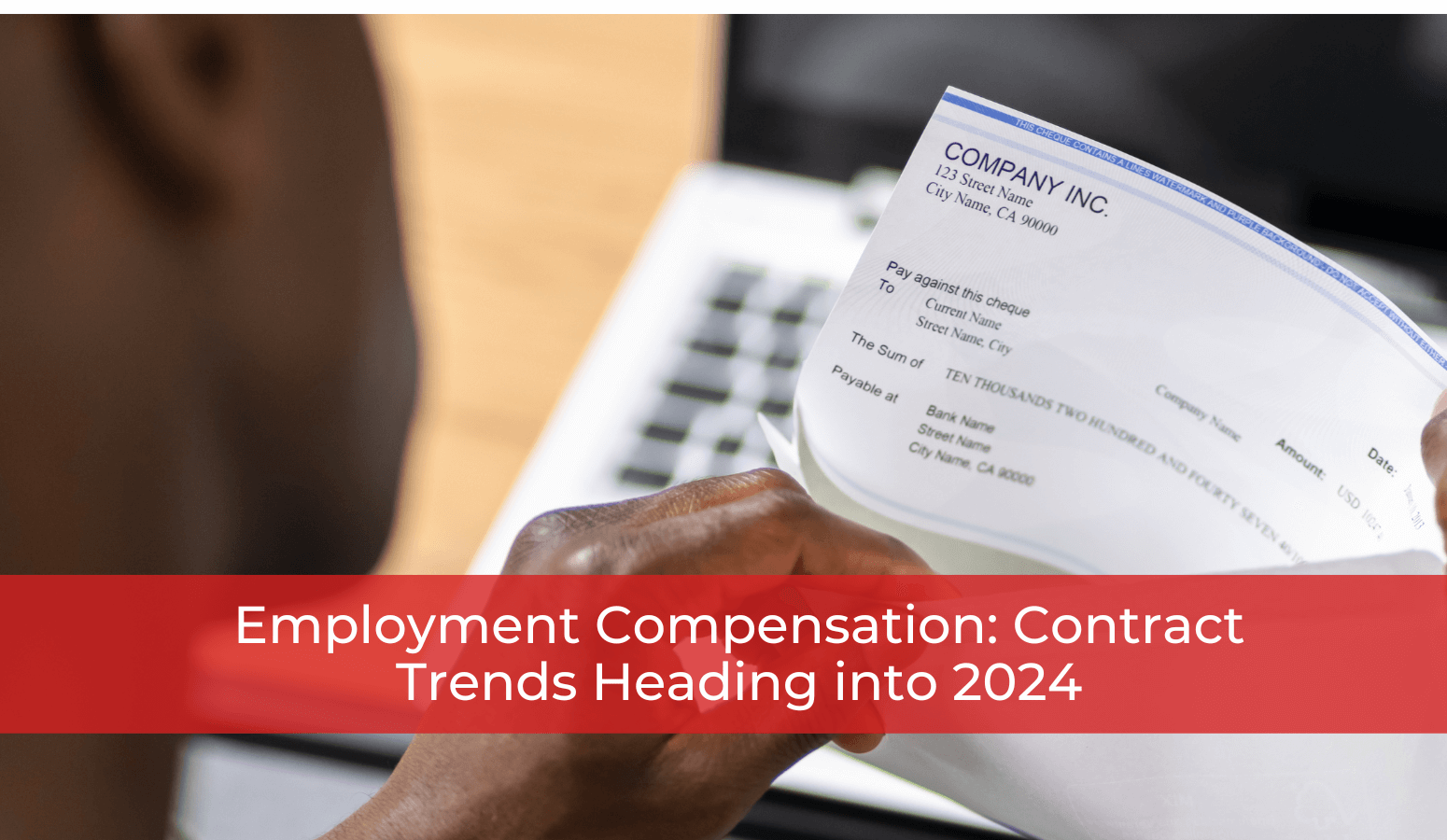
Employment Compensation: Contract Trends Heading into 2024
Read More
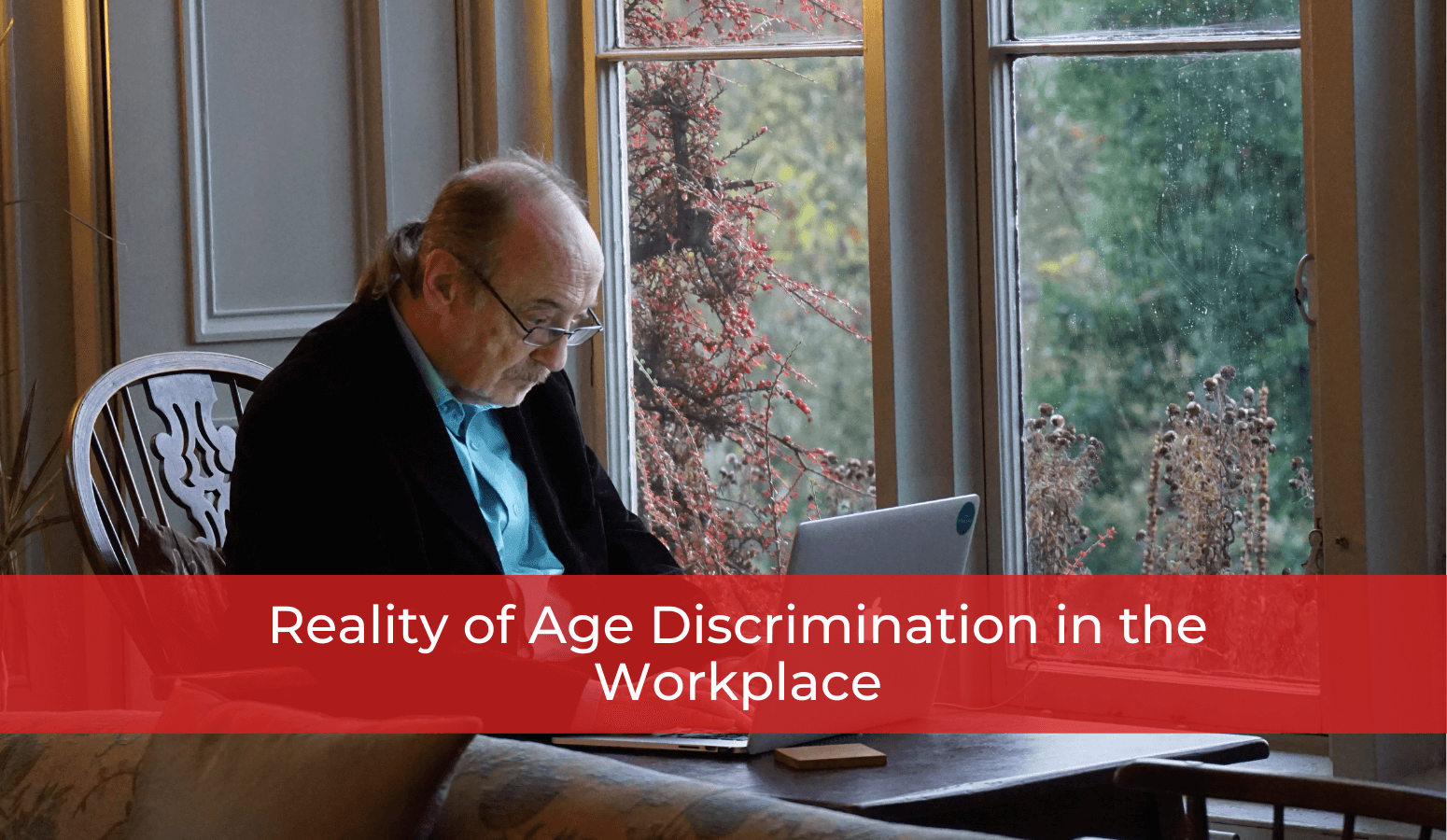
Reality of Age Discrimination in the Workplace
Read More

The Pitfalls of ‘Free’ Legal Consultations
Read More
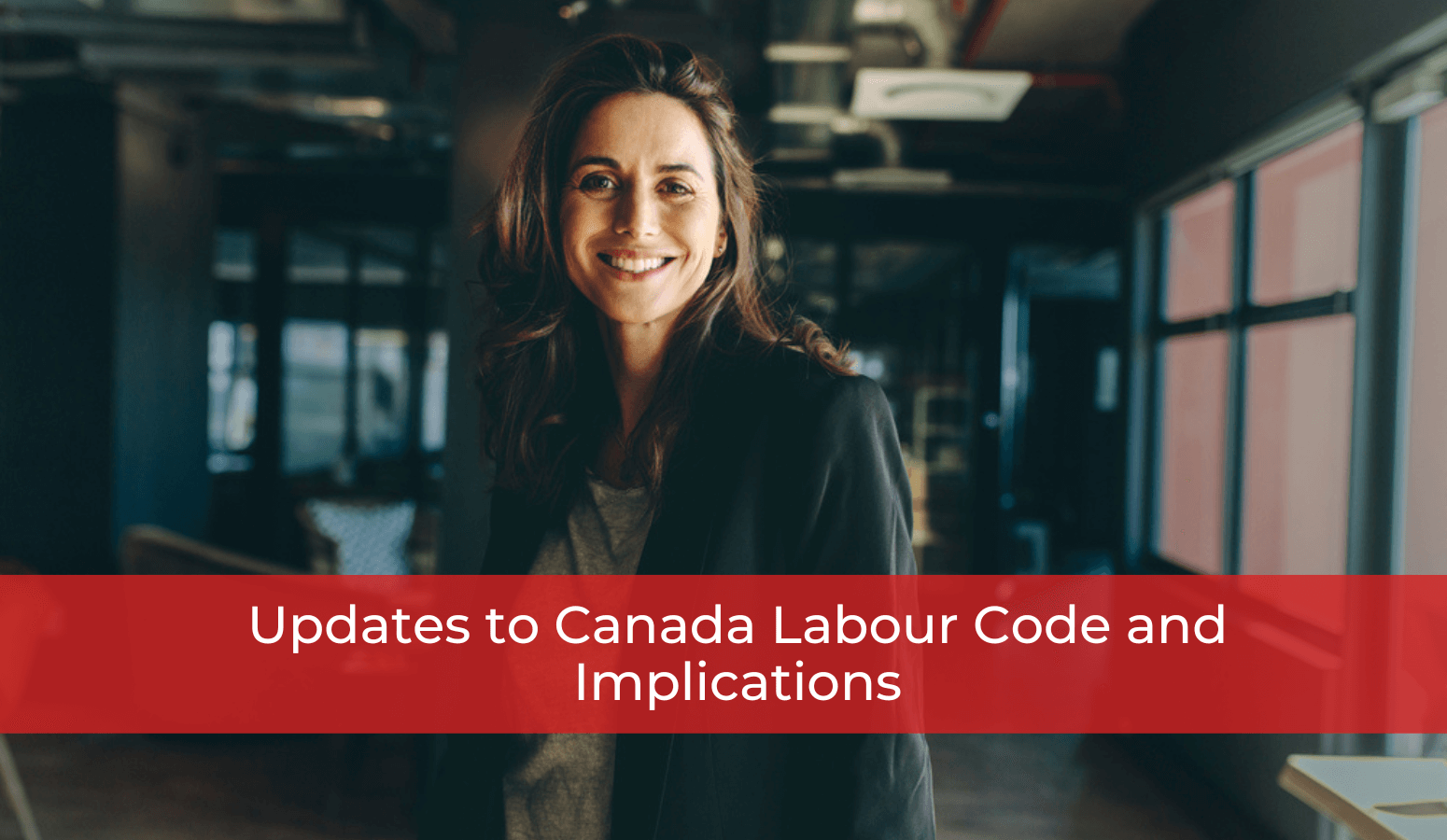
Updates to Canada Labour Code and Implications
Read More

Pros and Cons of Free Consultations
Read More

Google to Layoff 30,000 Employees
Read More

Protecting Careers from Problem Drinking
Read More
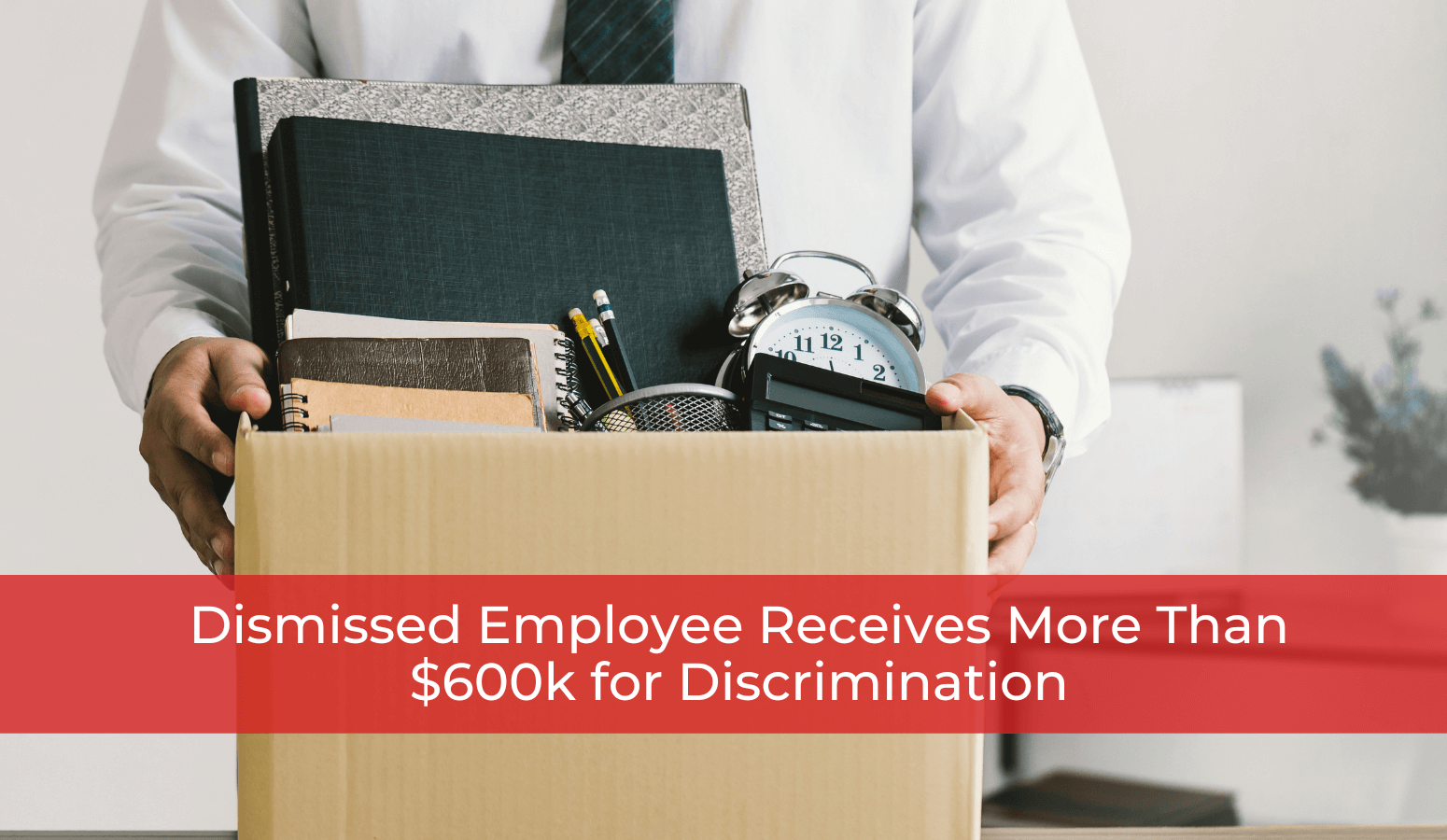
Dismissed Employee Receives More Than $600k for Discrimination
Read More
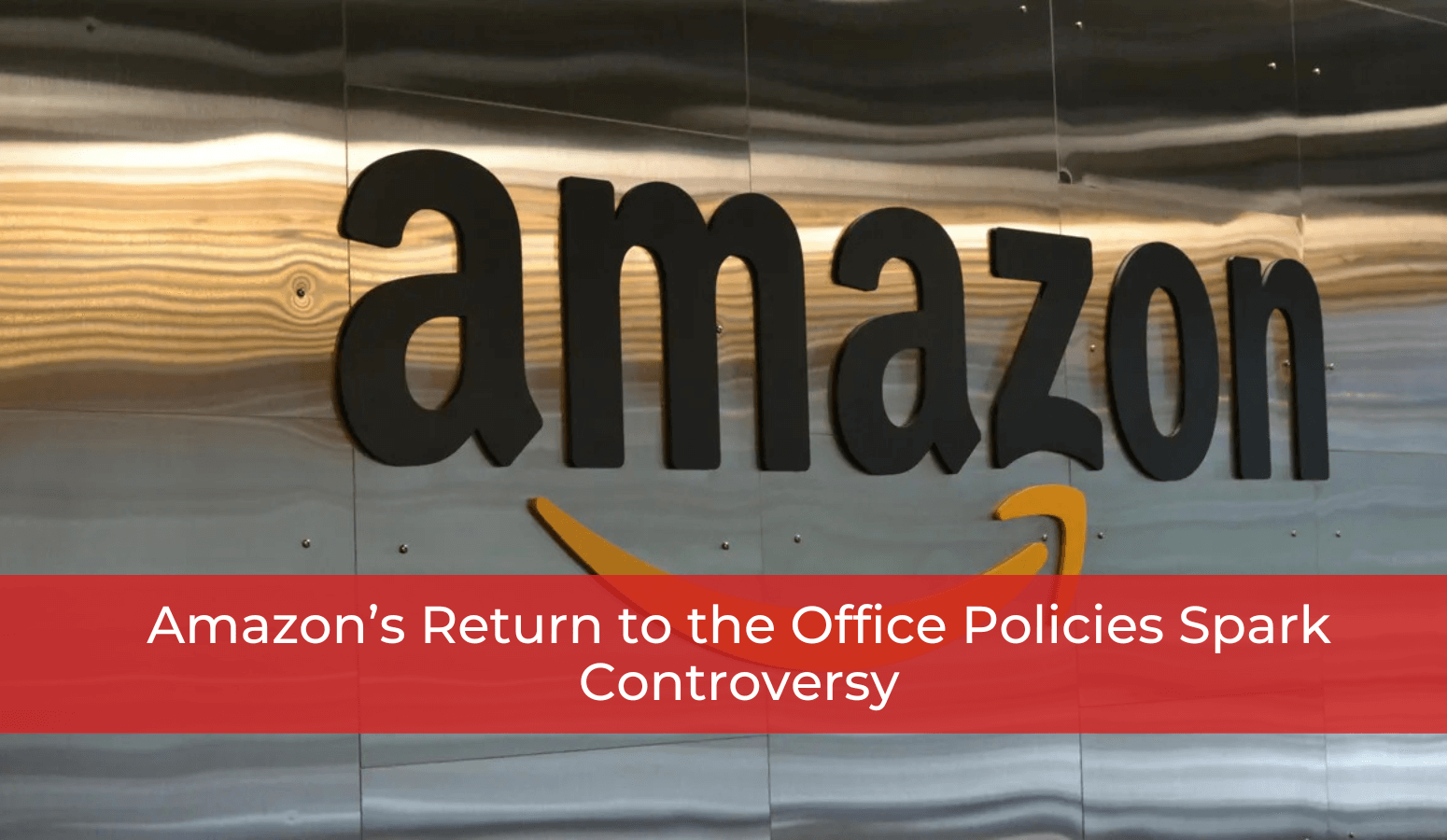
Amazon’s Return to the Office Policies Spark Controversy
Read More
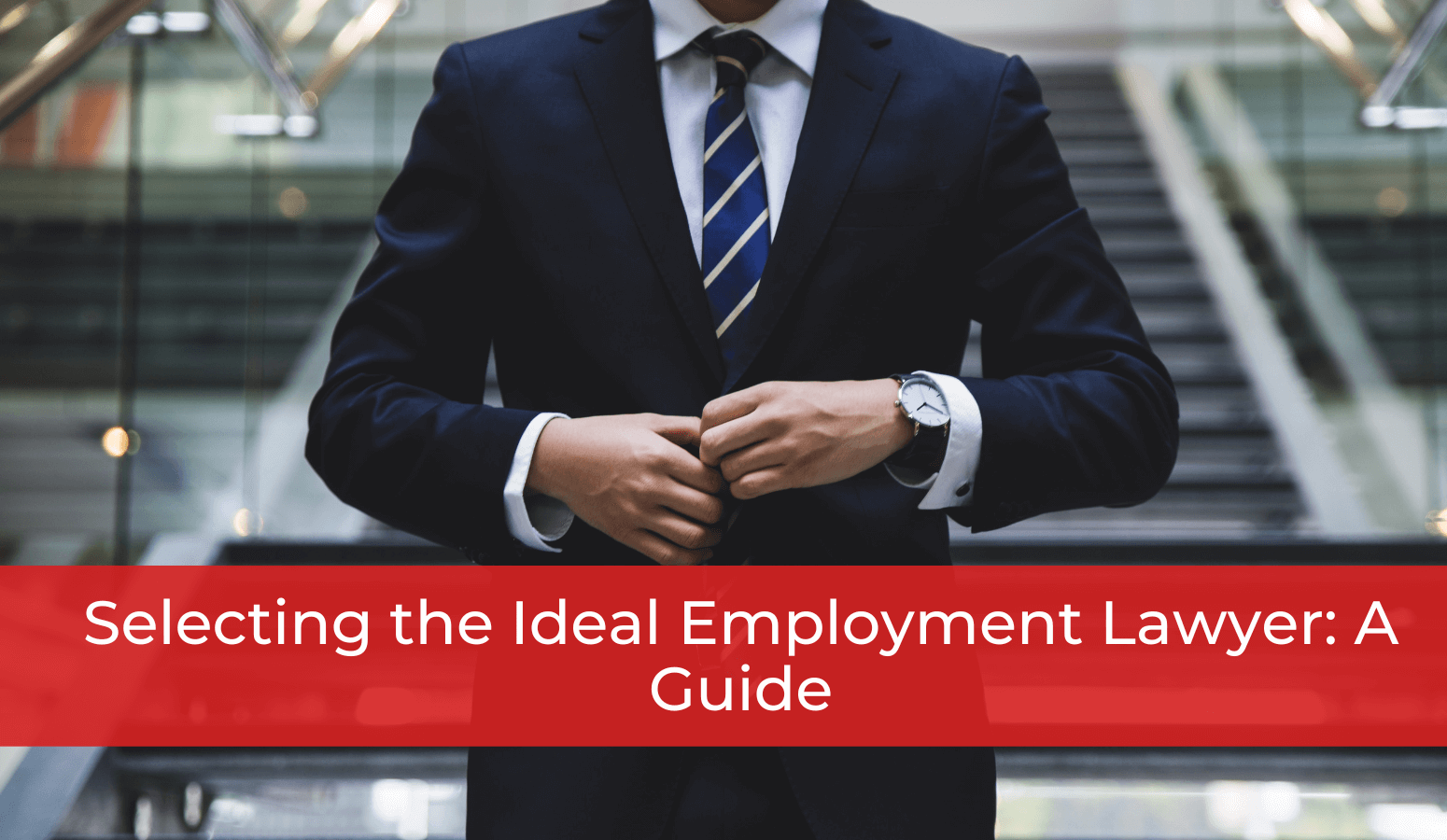
Selecting the Ideal Employment Lawyer: A Guide
Read More

Office Christmas Party – Your Employer’s Obligations
Read More
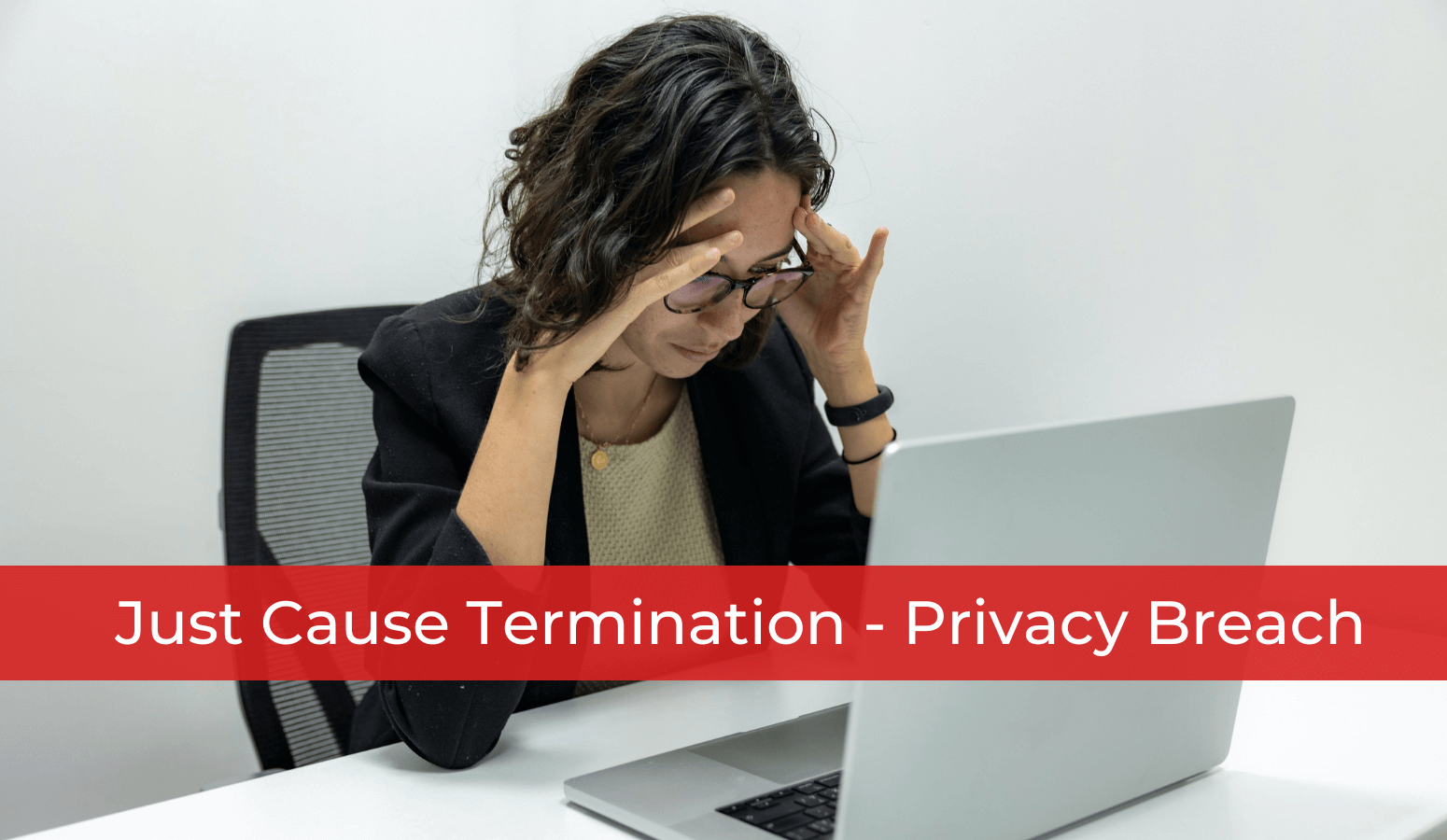
Just Cause Termination – Privacy Breach
Read More

Maternity Leave: Job at Risk?
Read More

Hasbro Layoffs and Severance Options
Read More
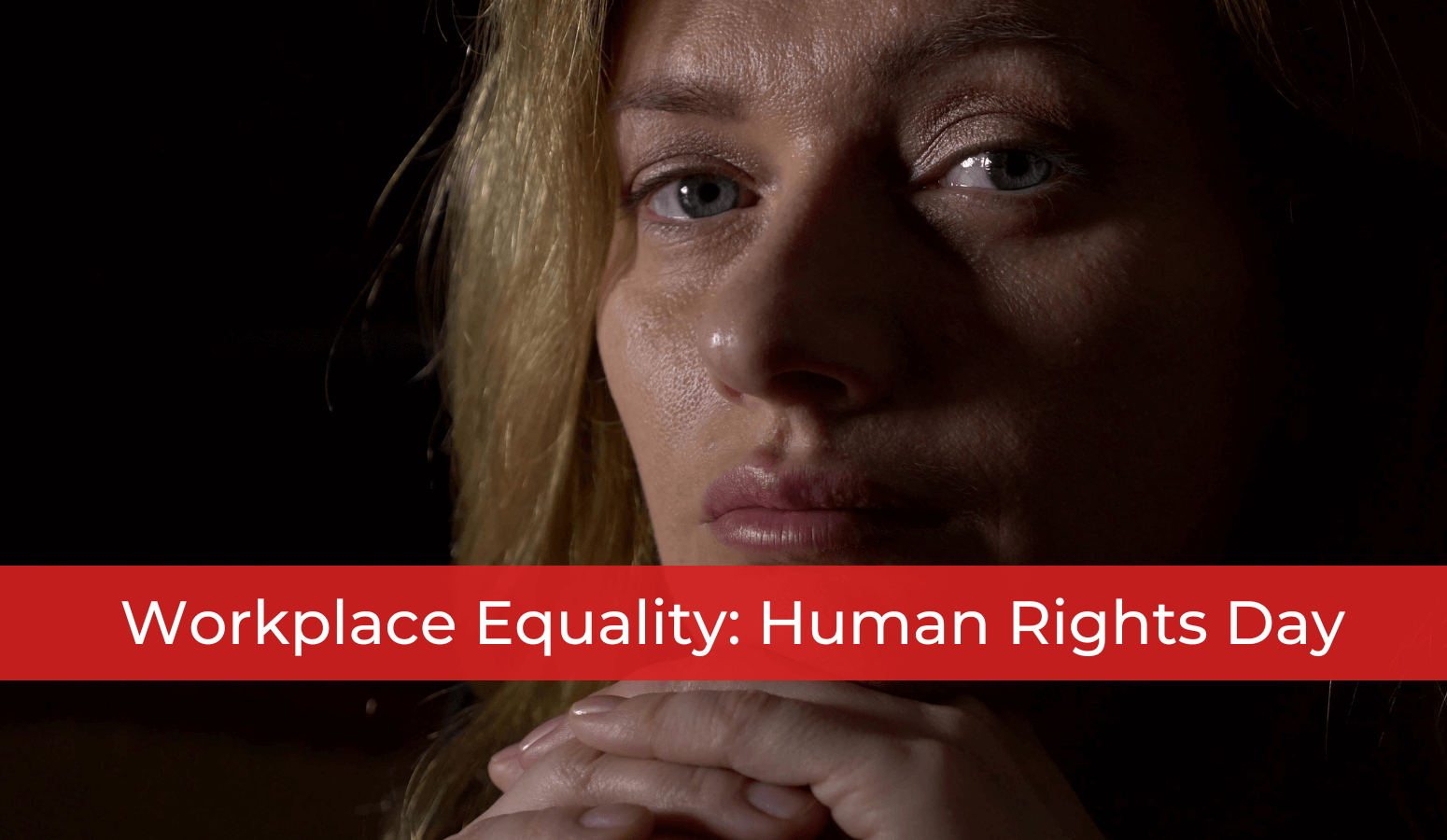
Workplace Equality: Human Rights Day
Read More

Maternity Leave Realities: Behind the Scenes in Your Workplace!
Read More
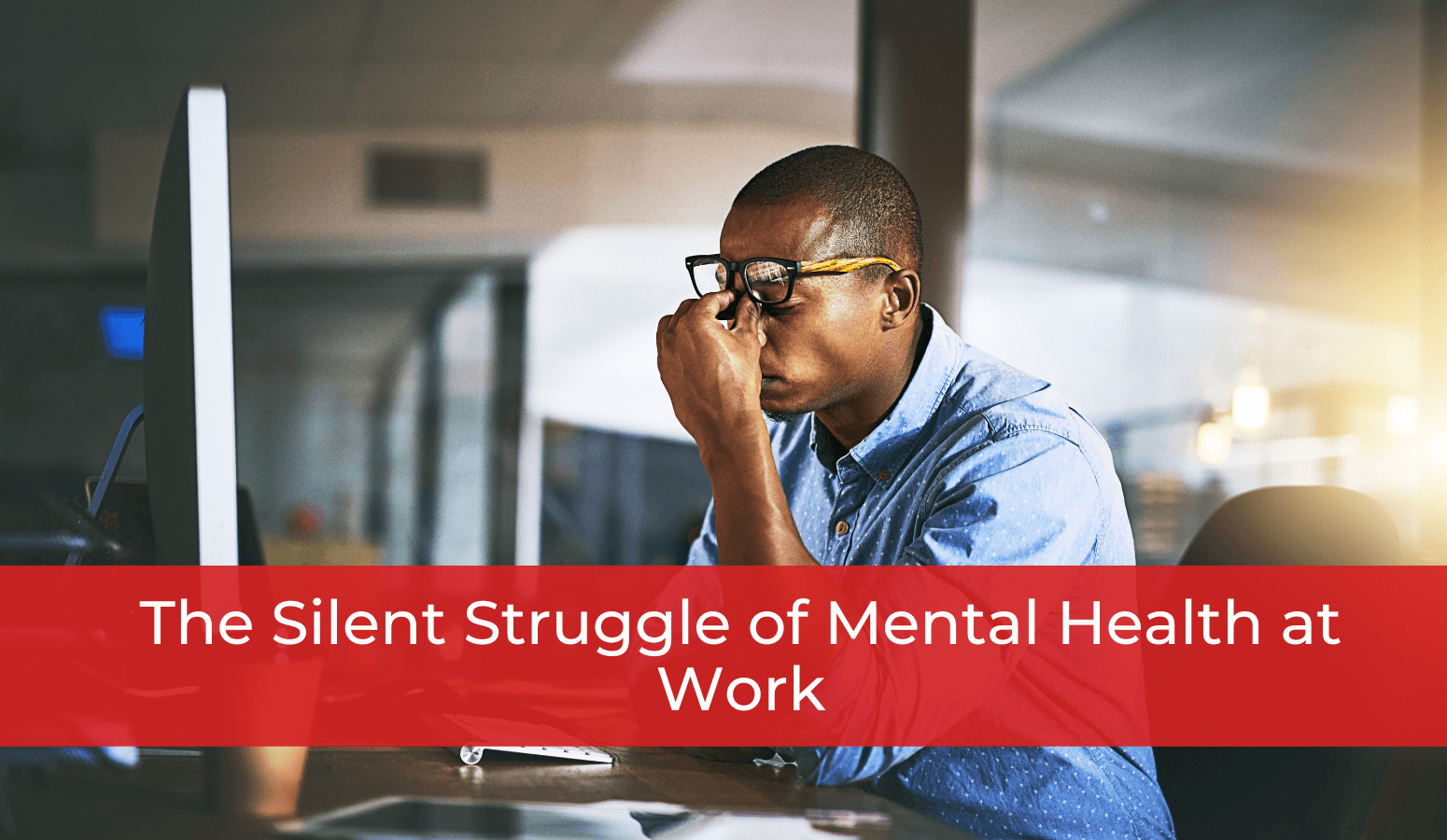
The Silent Struggle of Mental Health at Work
Read More
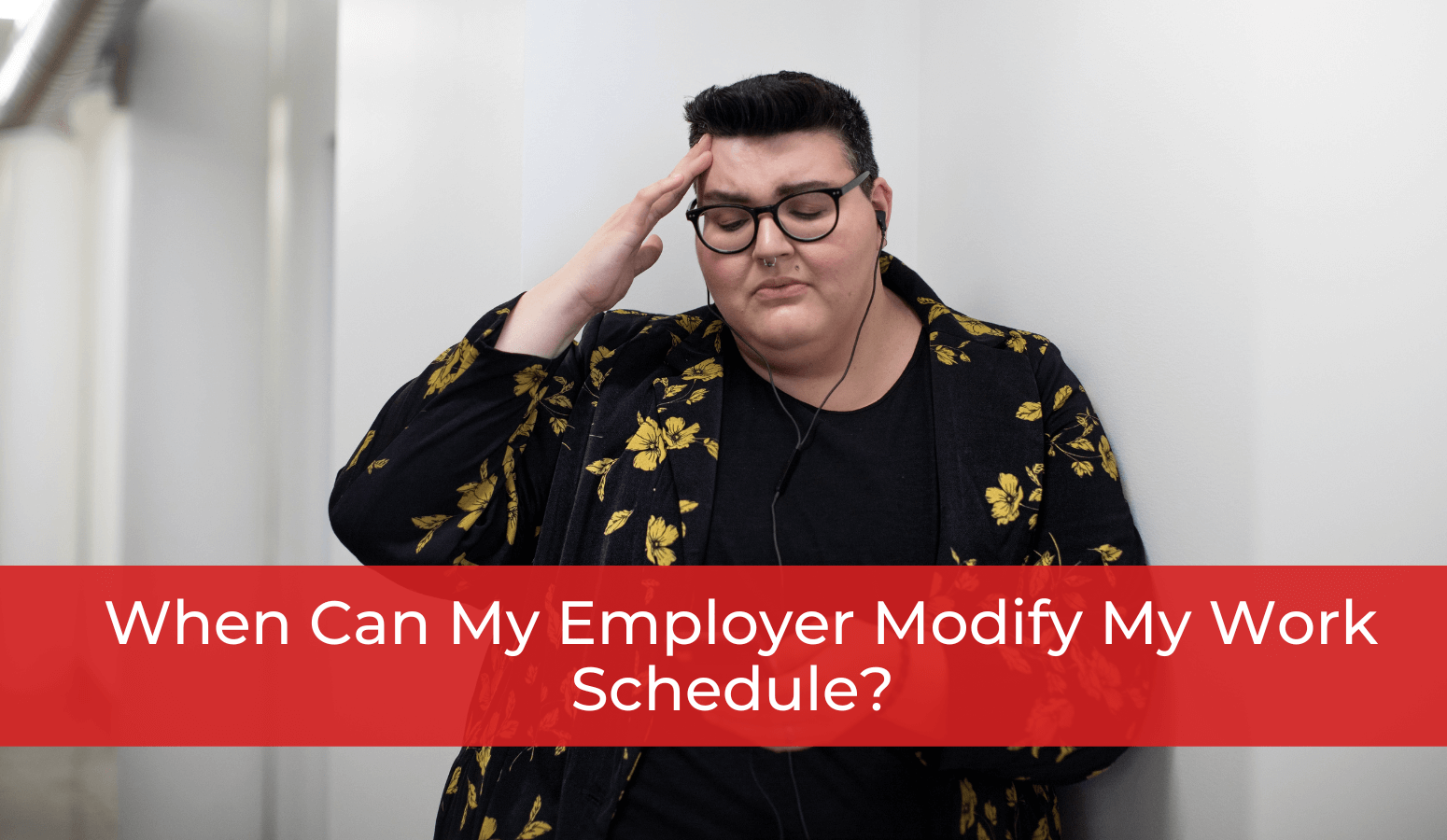
When Can My Employer Modify My Work Schedule?
Read More

CBC Layoffs 600 Jobs
Read More

Spotify Layoff: Strategic Shift Amidst Growth Challenges
Read More
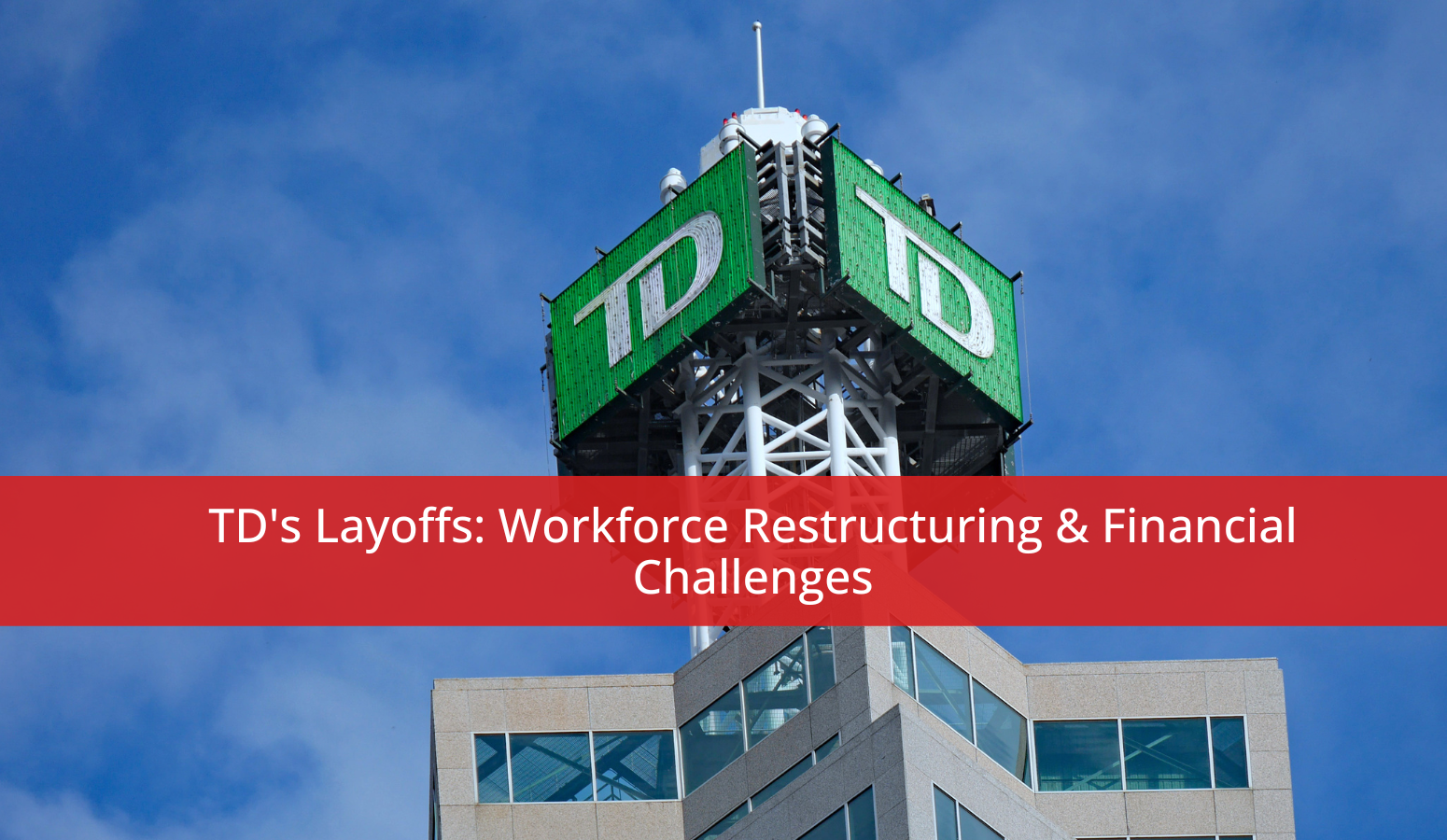
TD’s Layoffs: Workforce Restructuring & Financial Challenges
Read More

Termination for Cause & Medical Privacy
Read More

Mastermind Toys Bankruptcy: Challenges and Restructuring
Read More

Bad Boy’s Bankruptcy: Challenges and Restructuring
Read More

Amazon’s Alexa Layoffs: Bold Move in the AI Arena
Read More

As Incidents of Hate Speech Rise, When Can Employers Legally Sanction Workers?
Read More
Get empowered with every newsletter.




